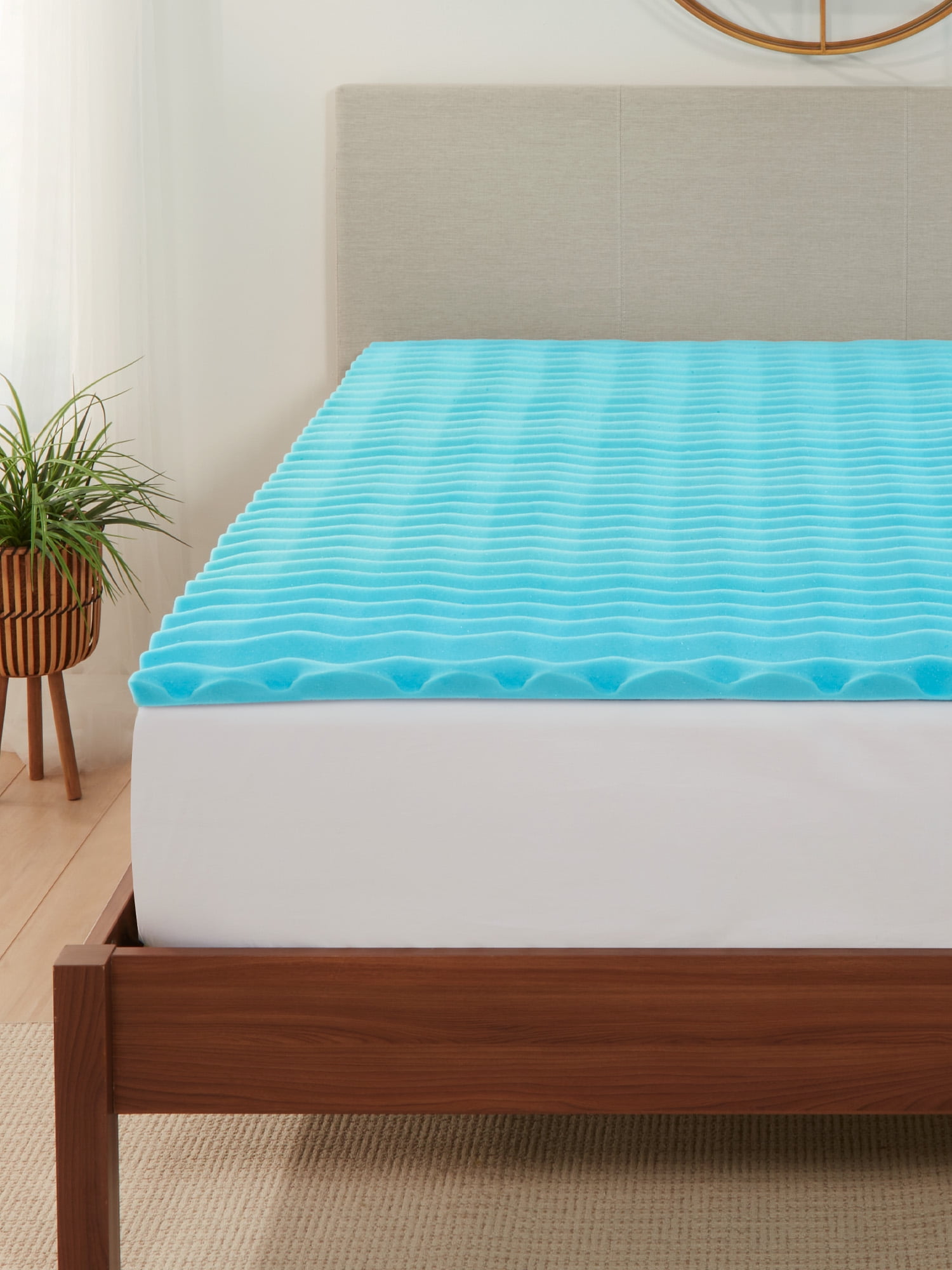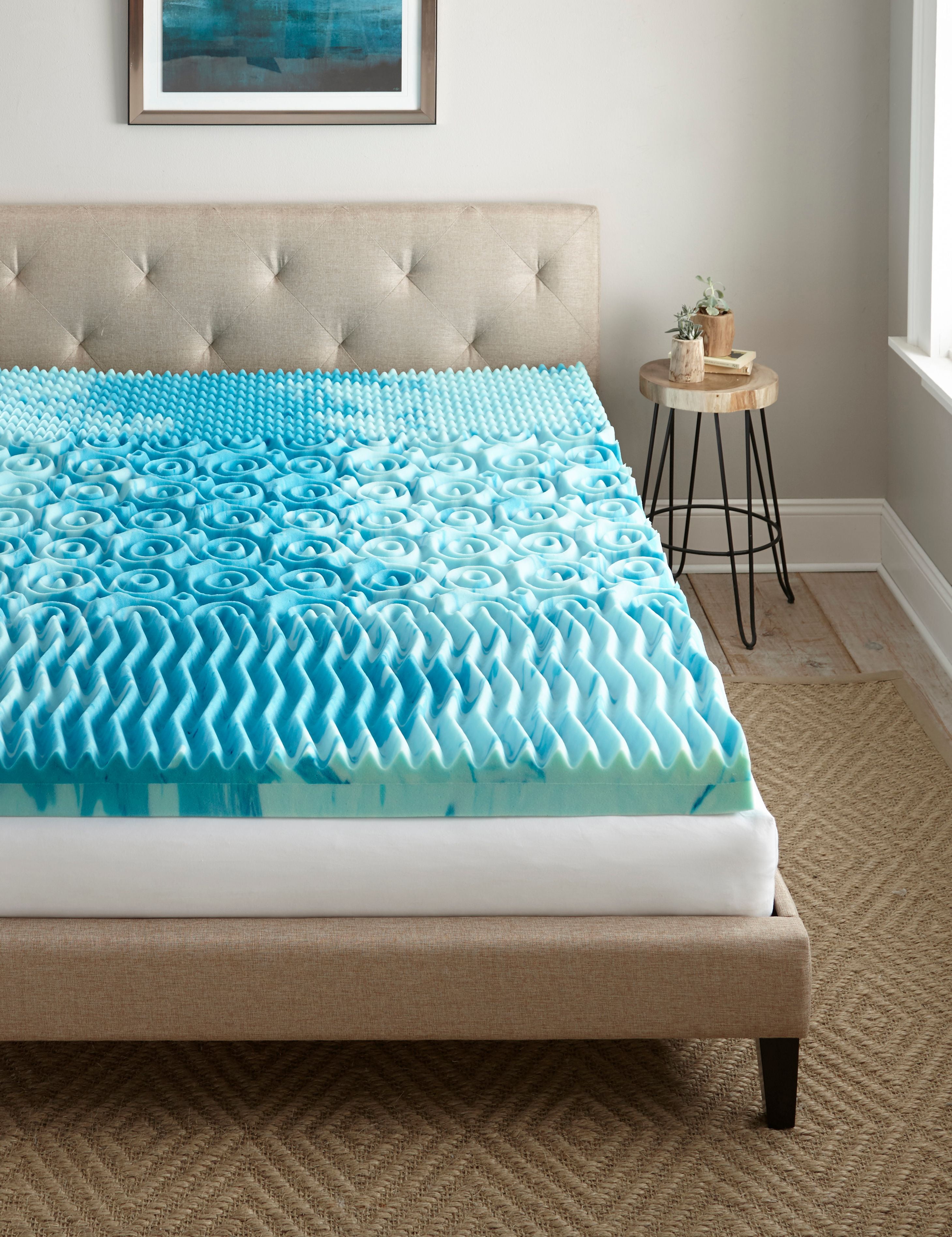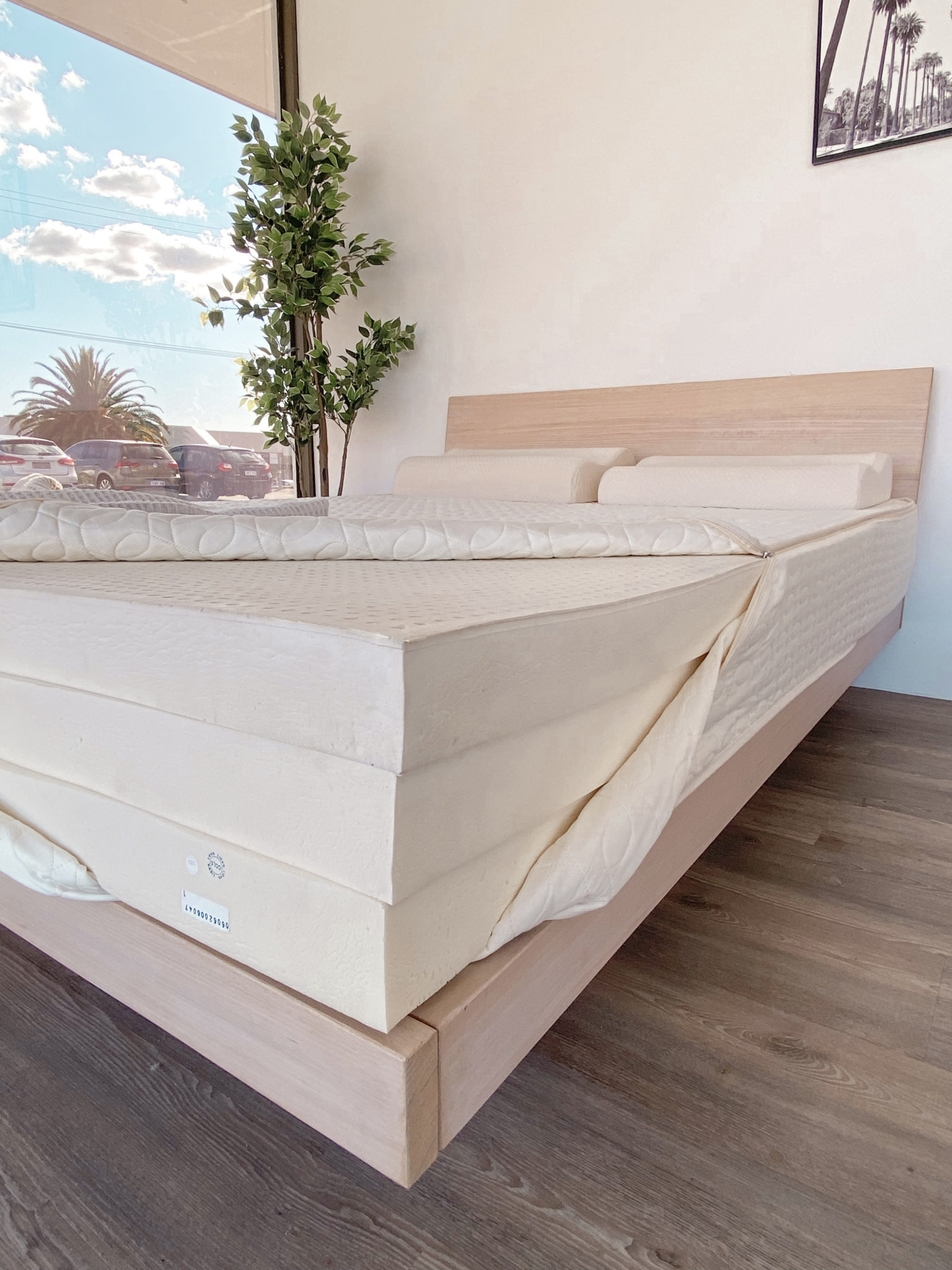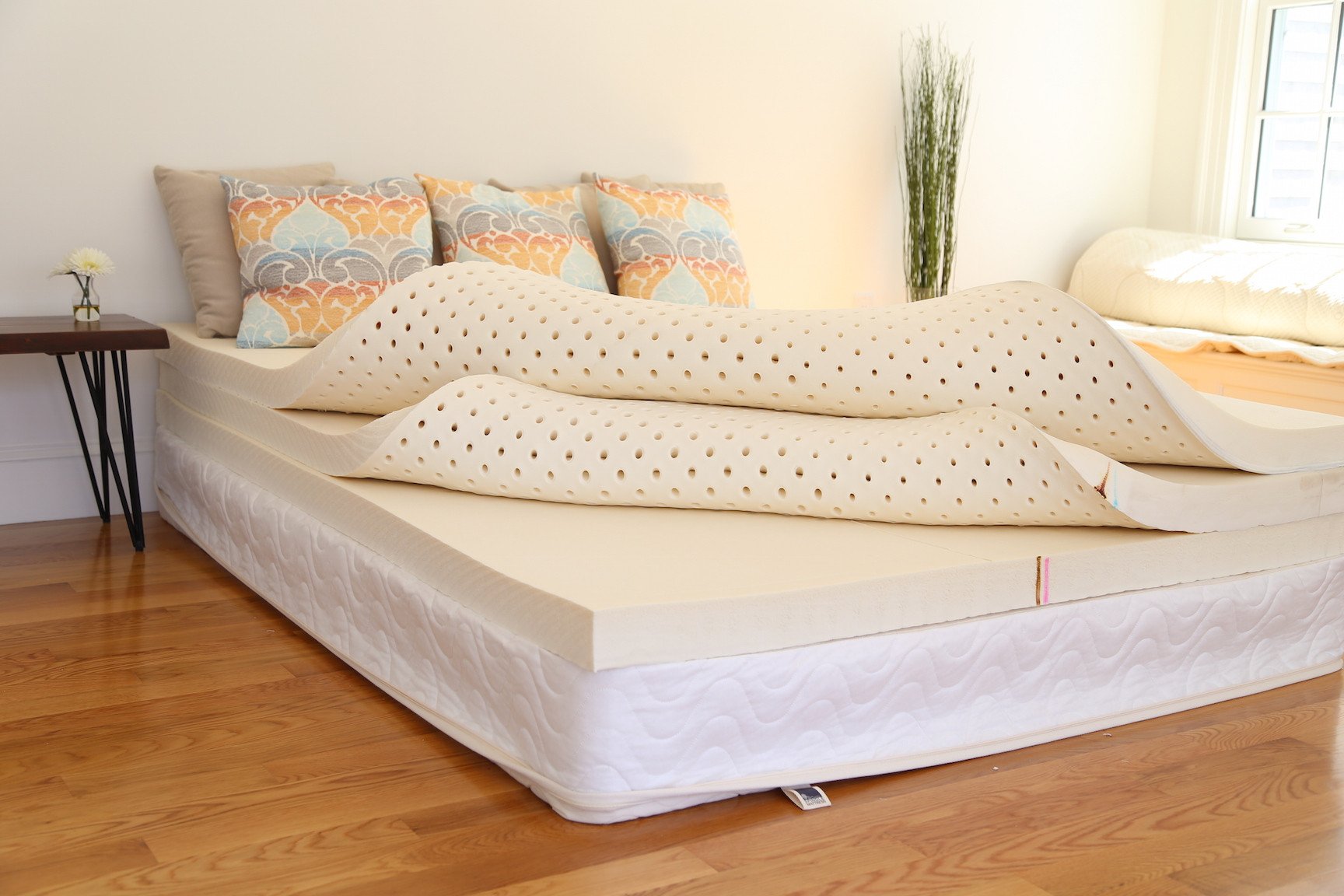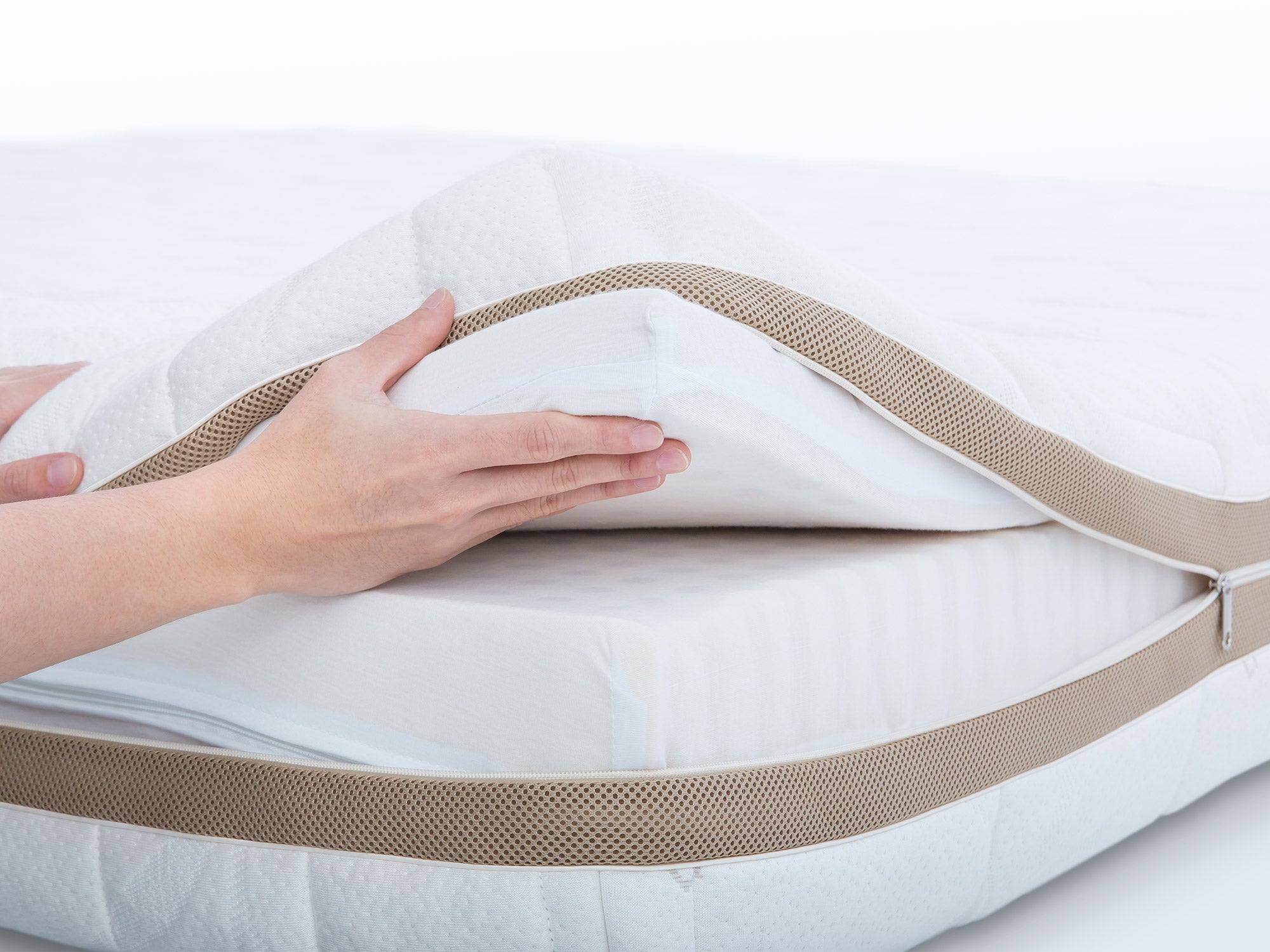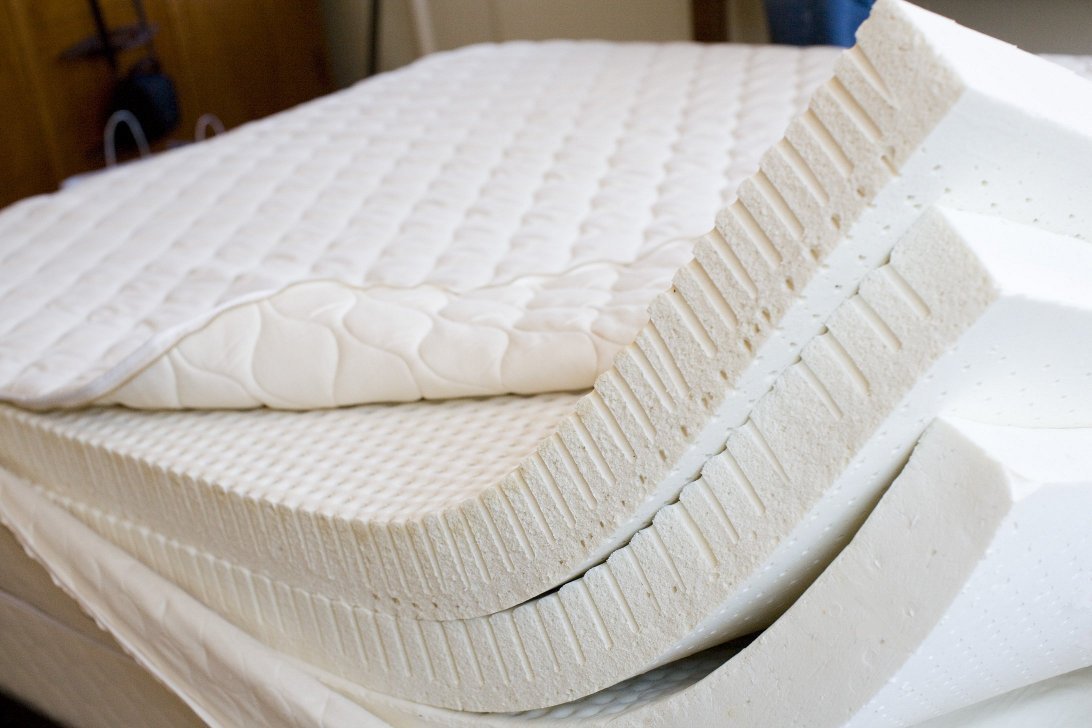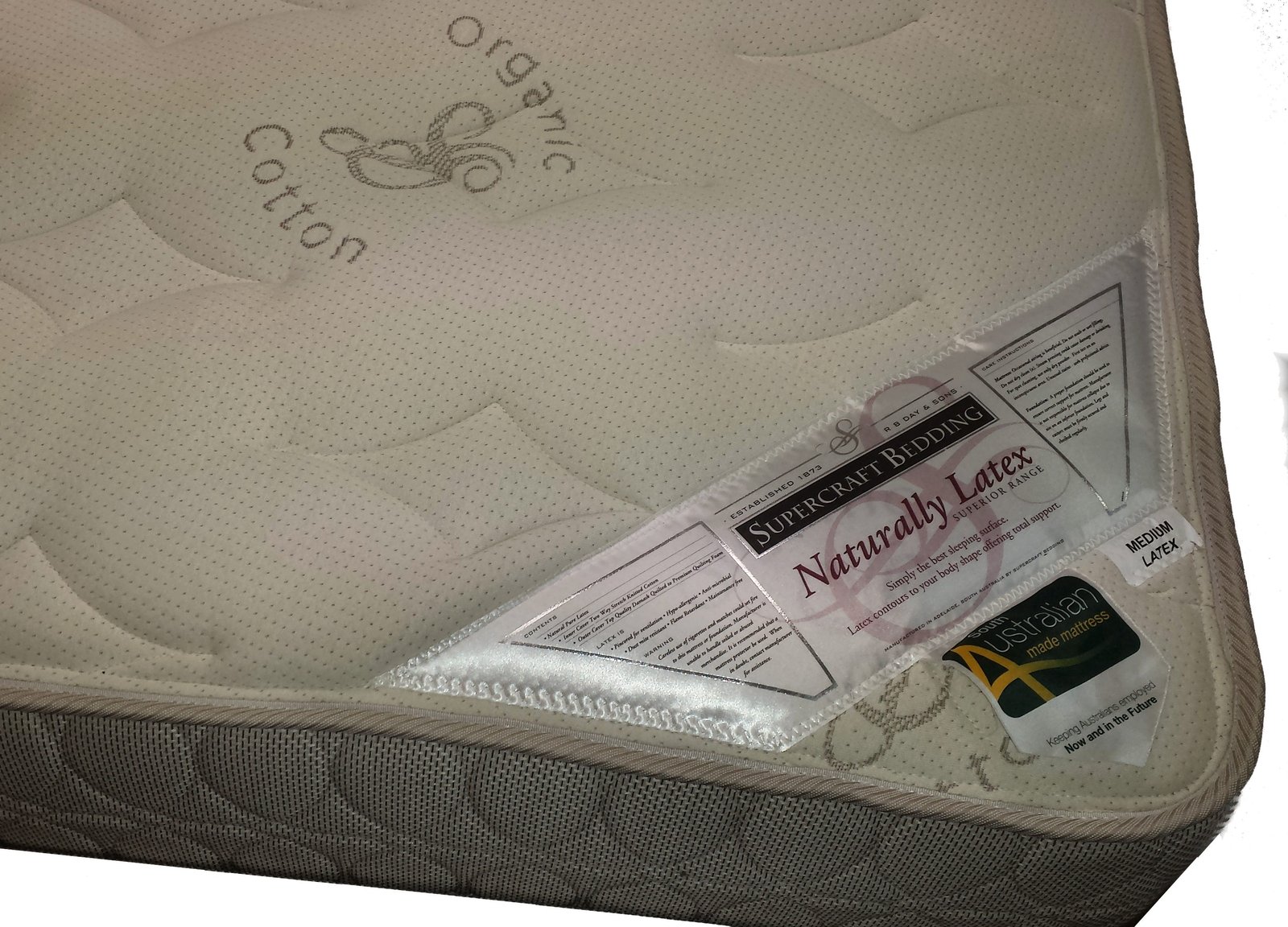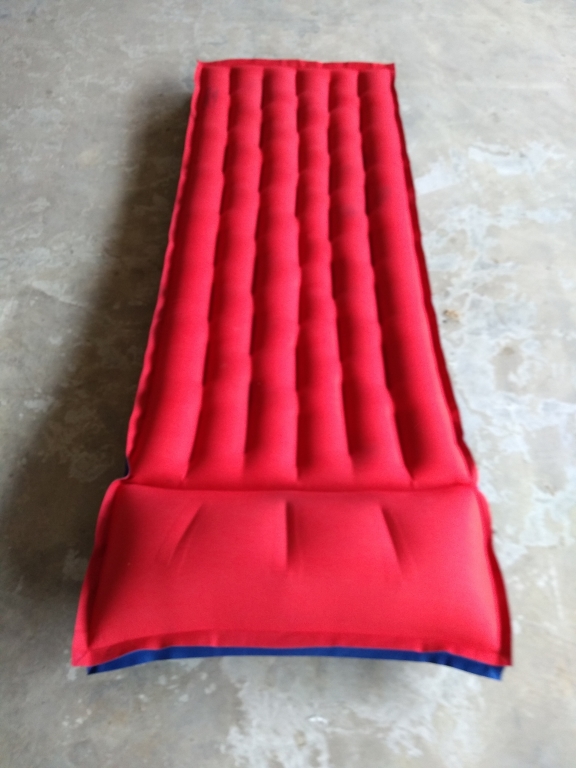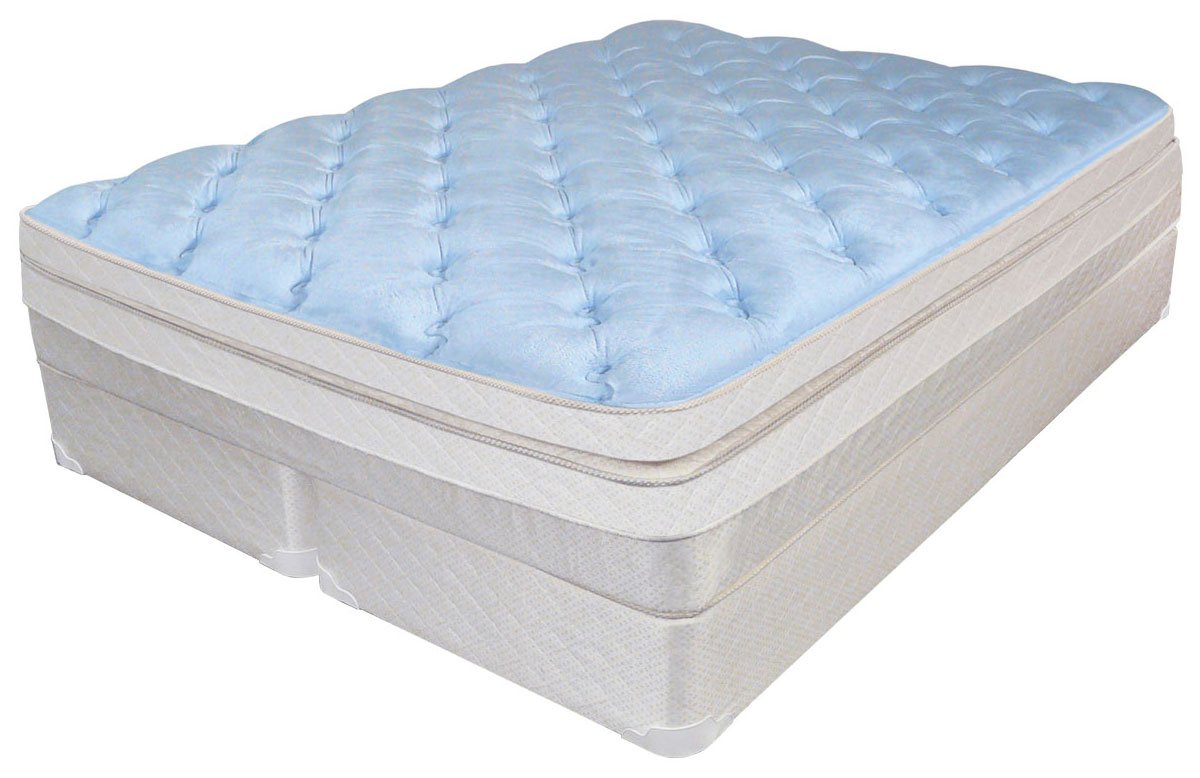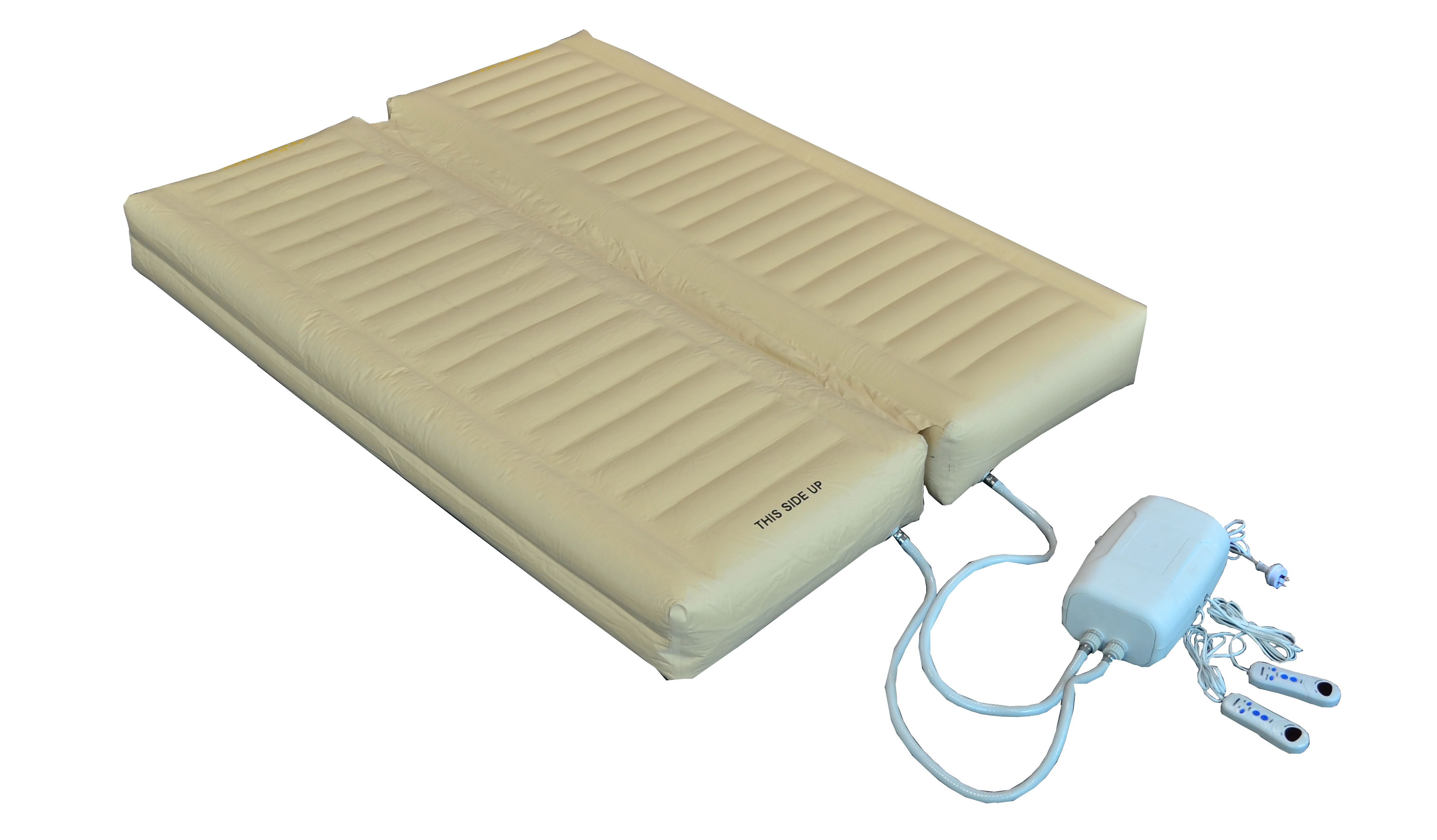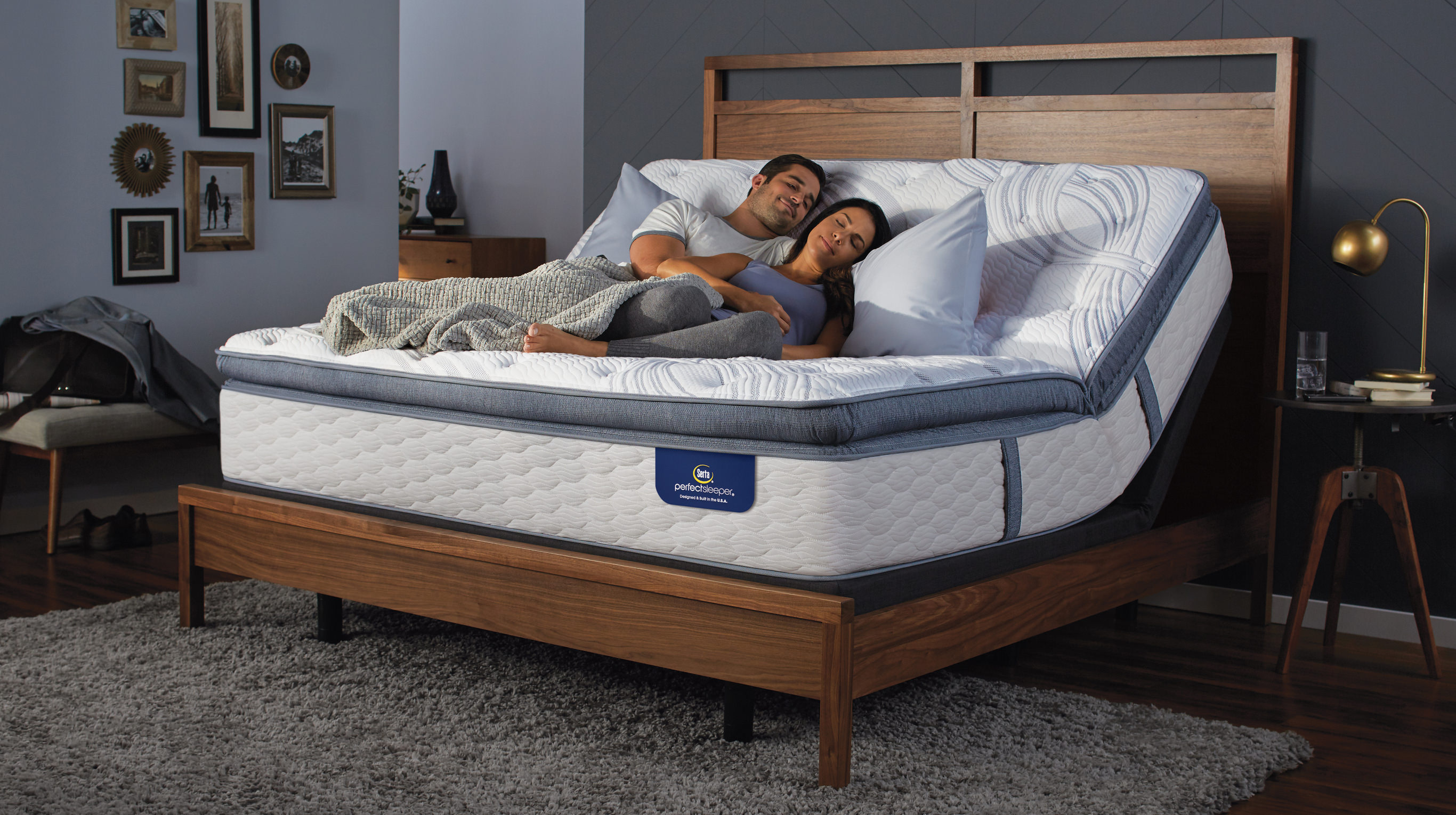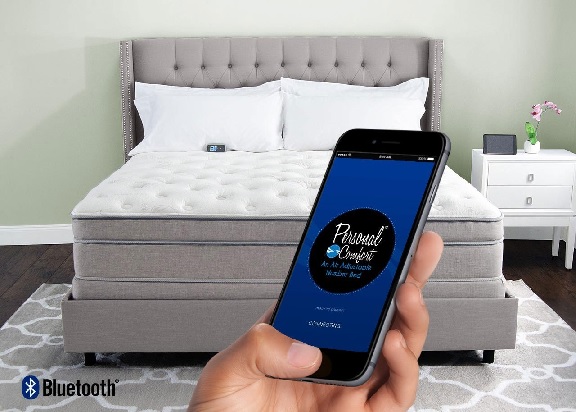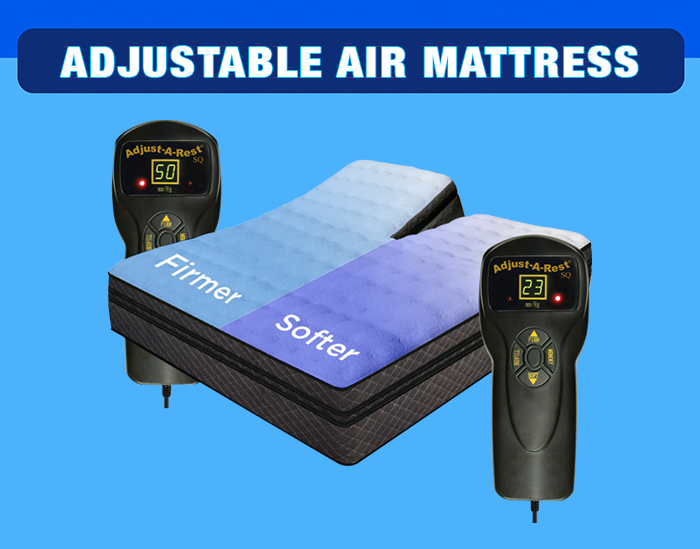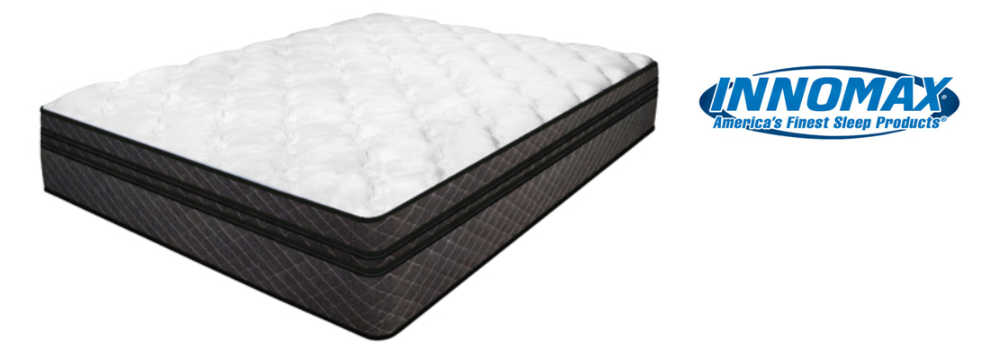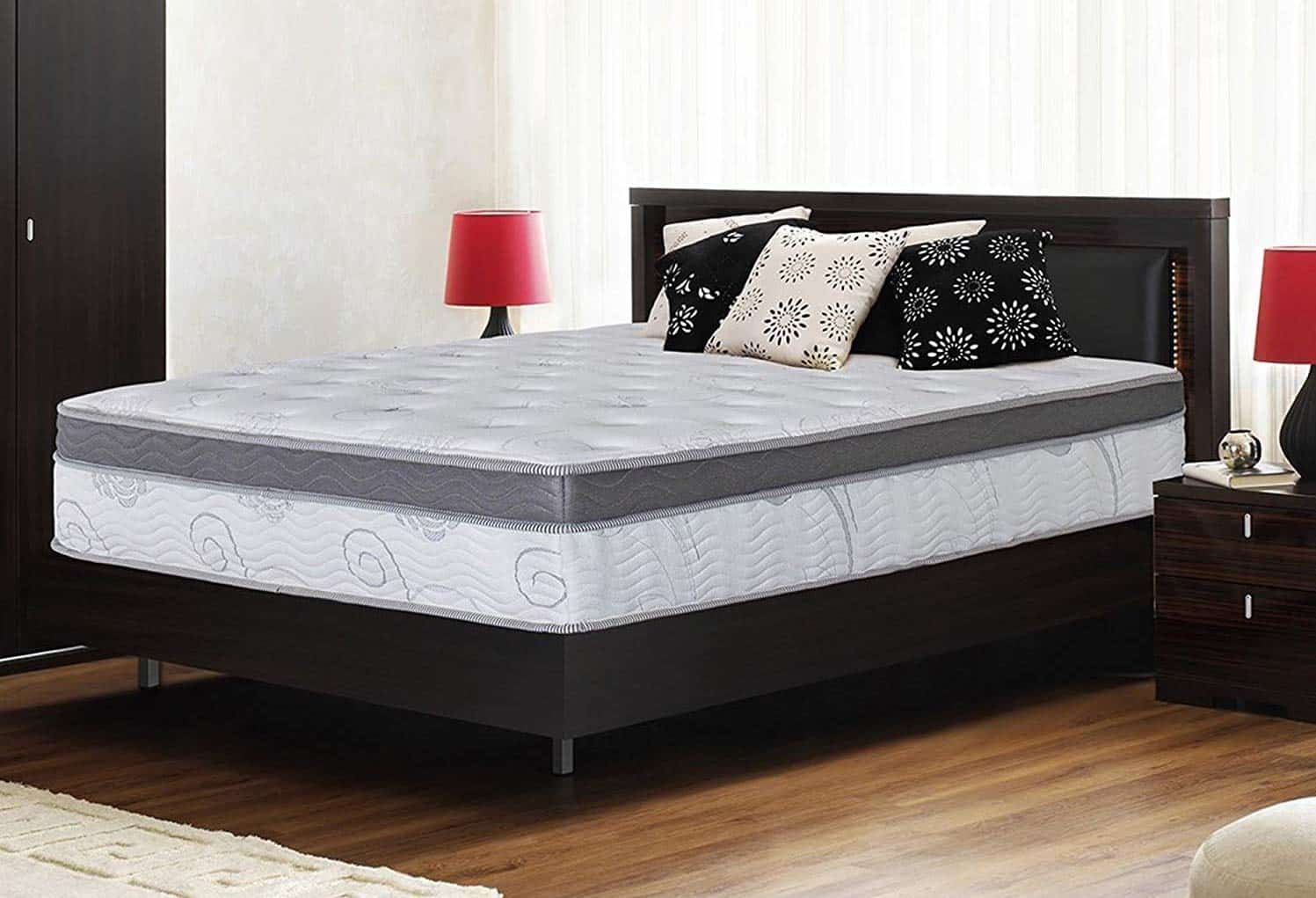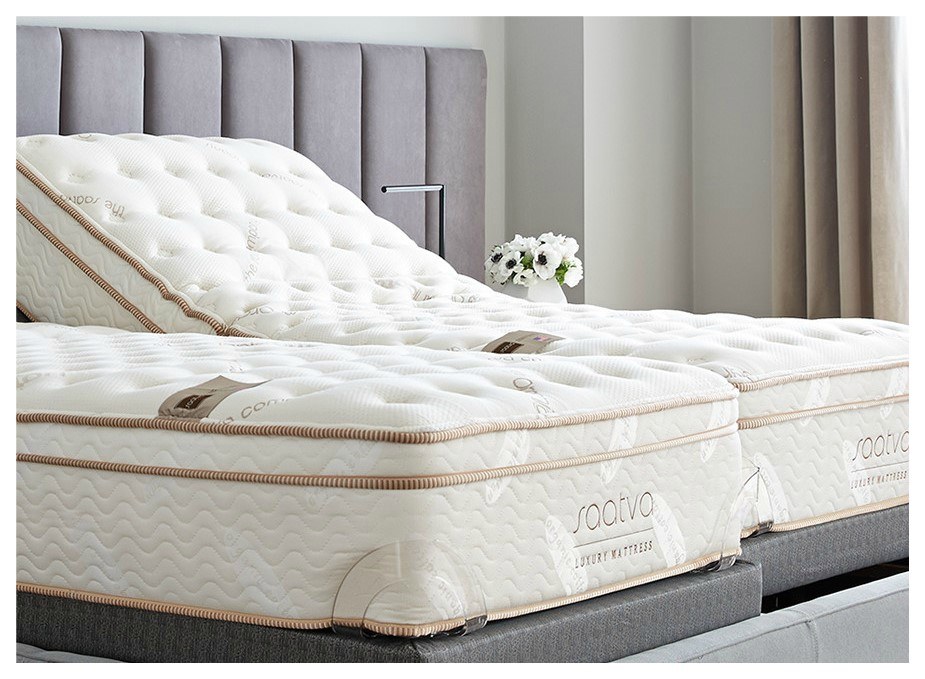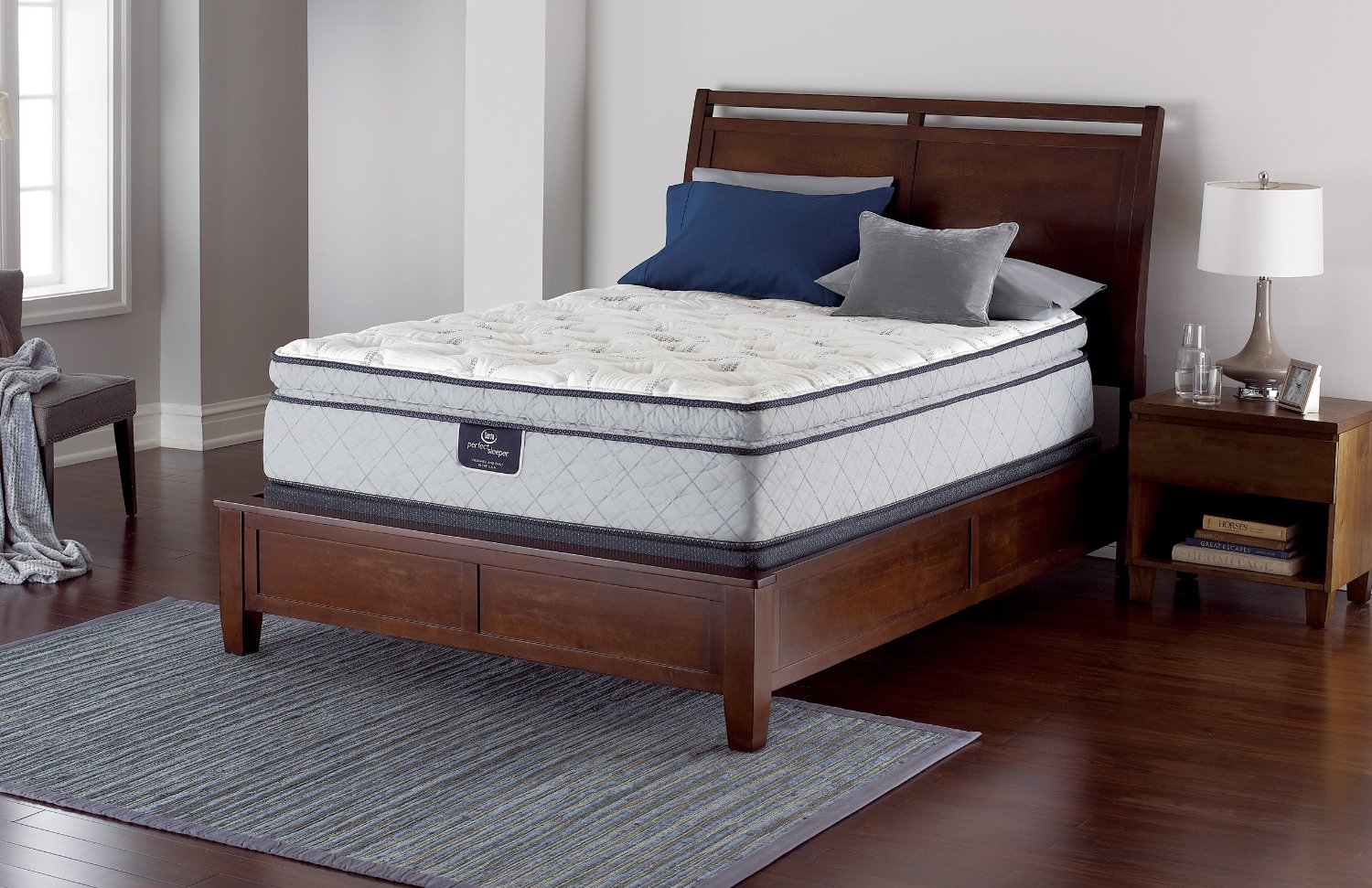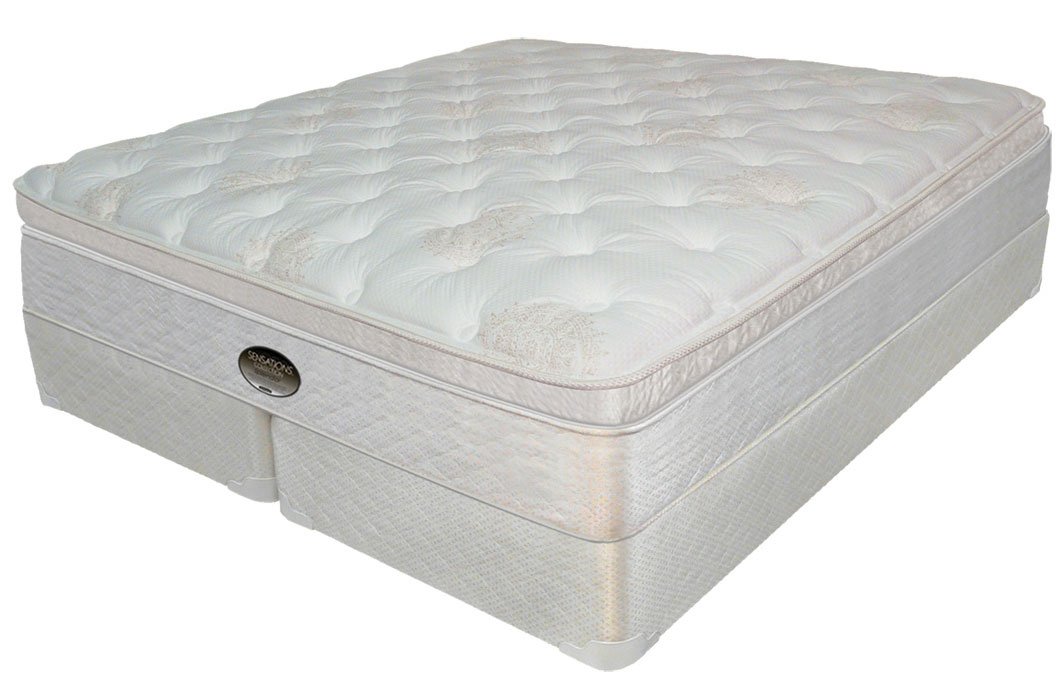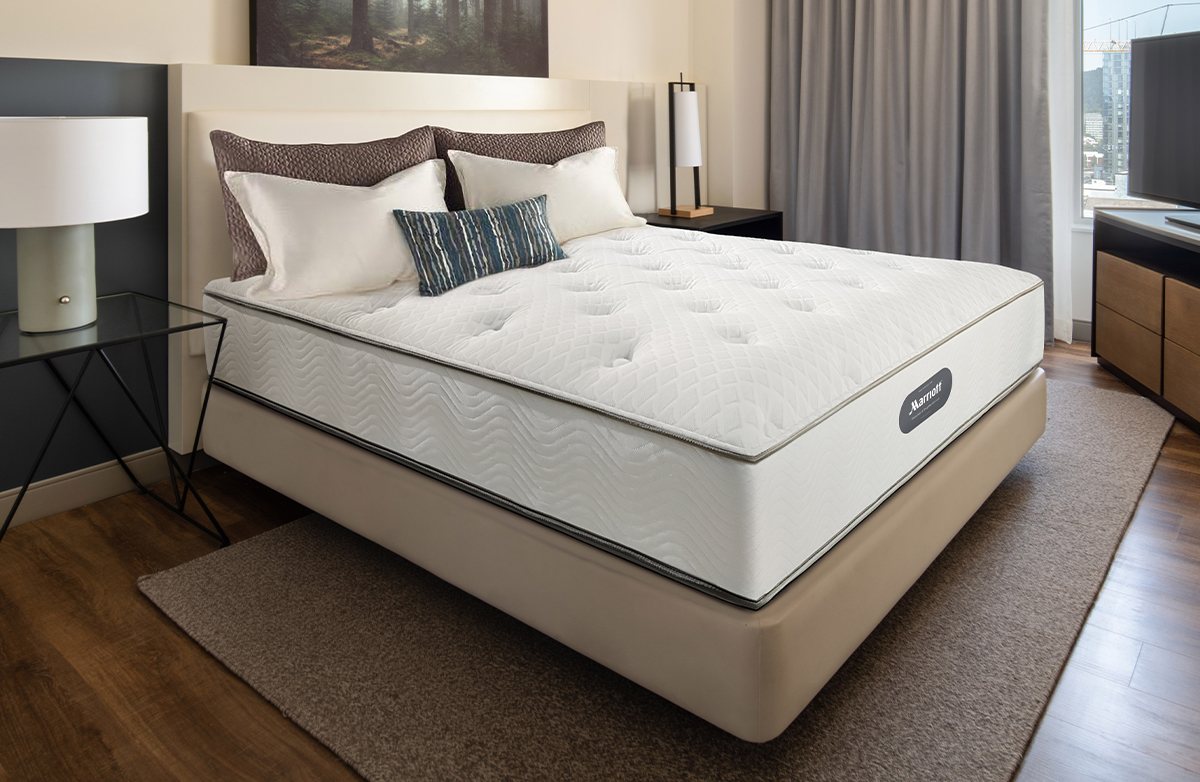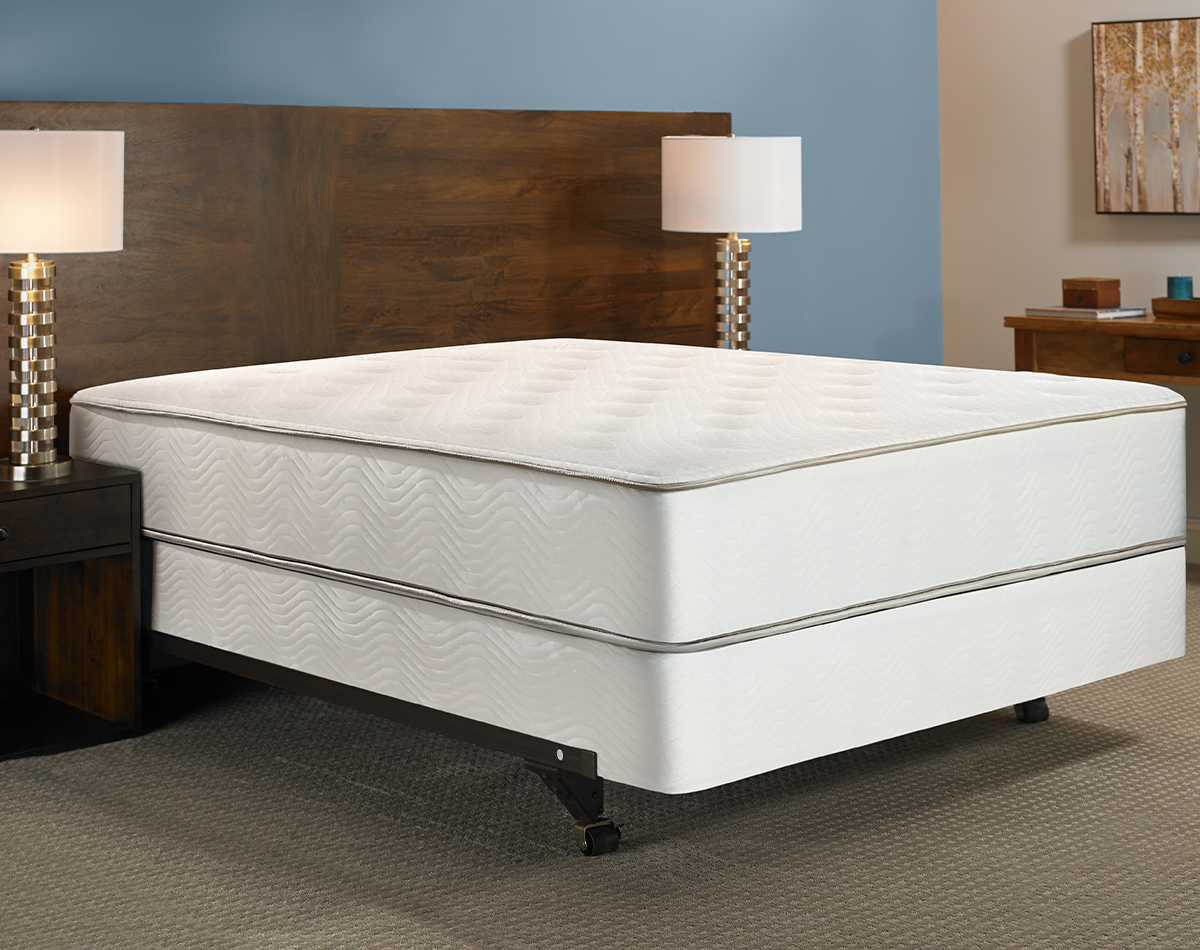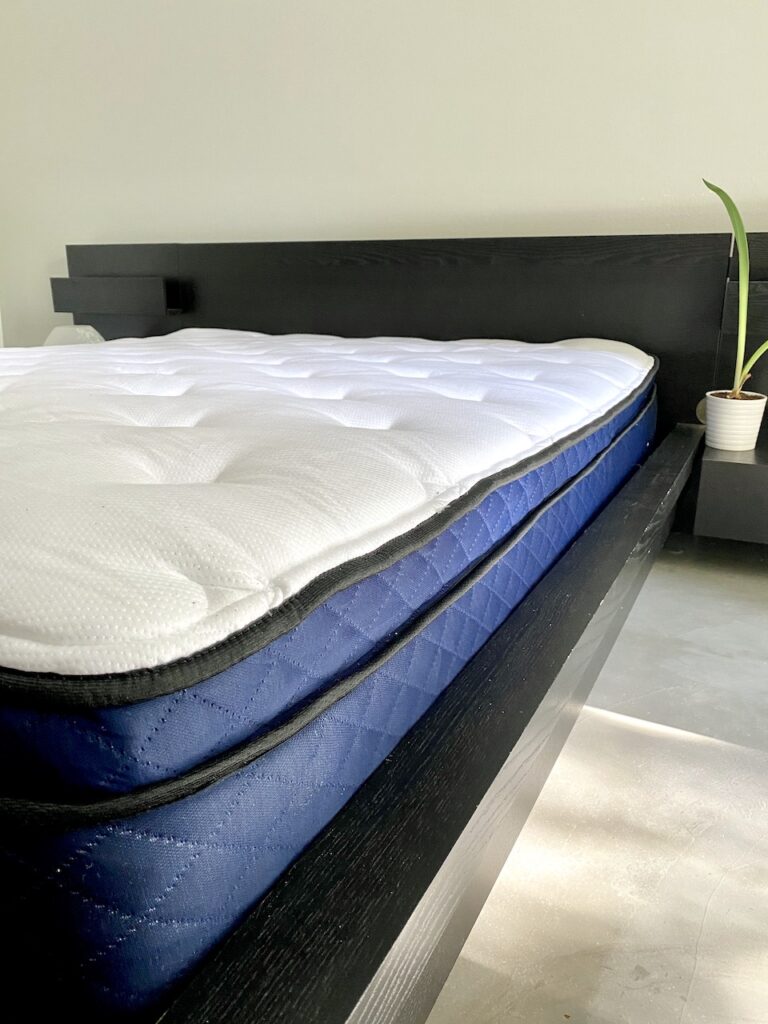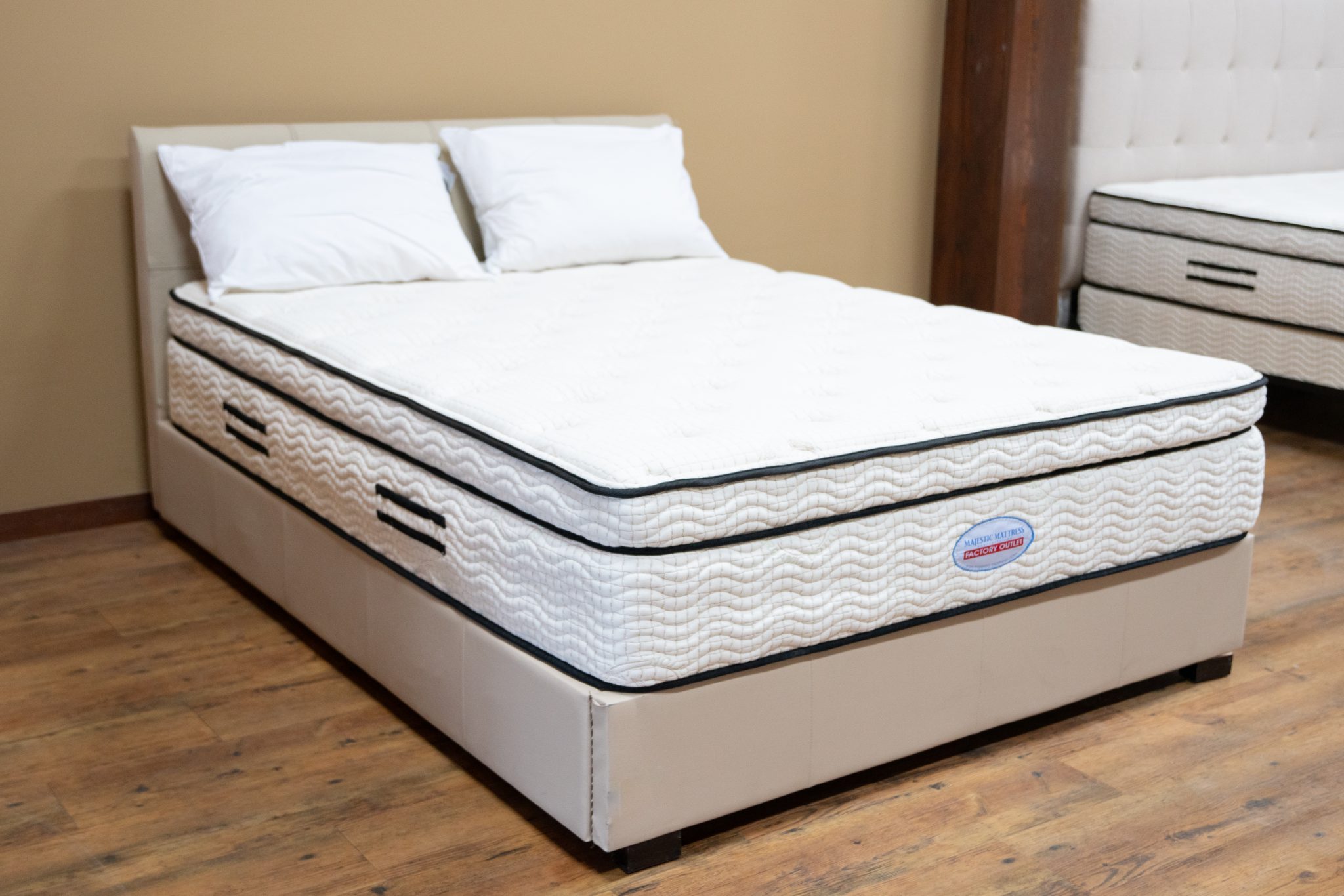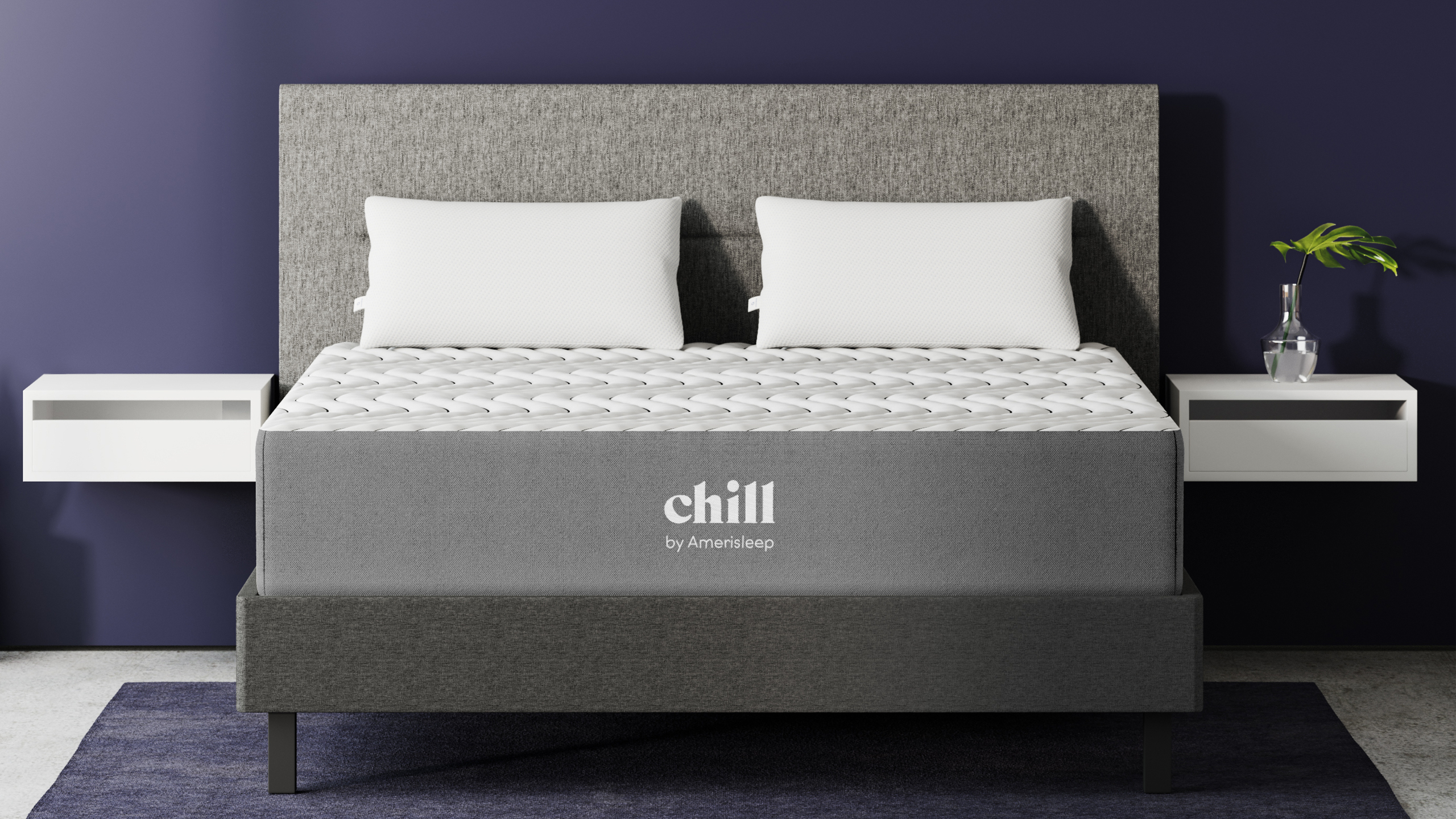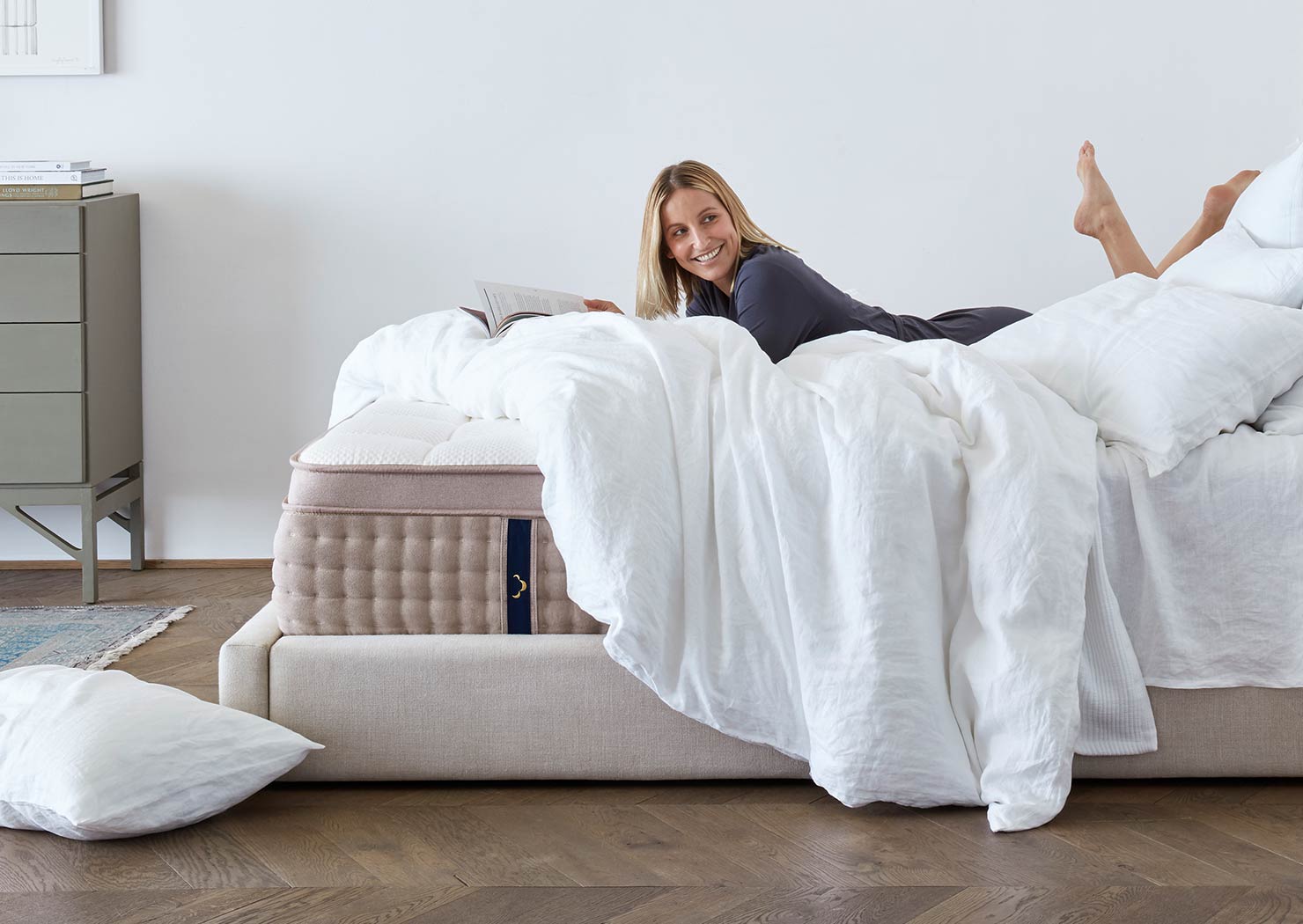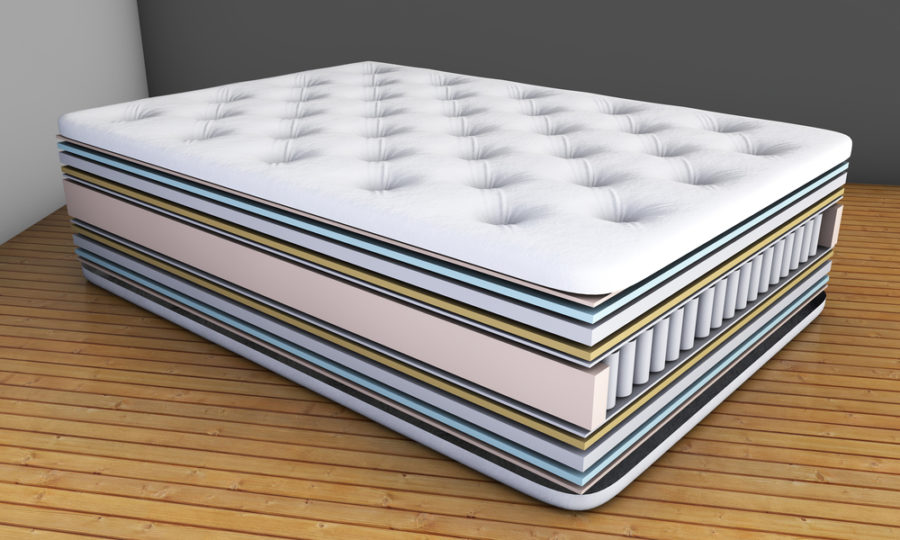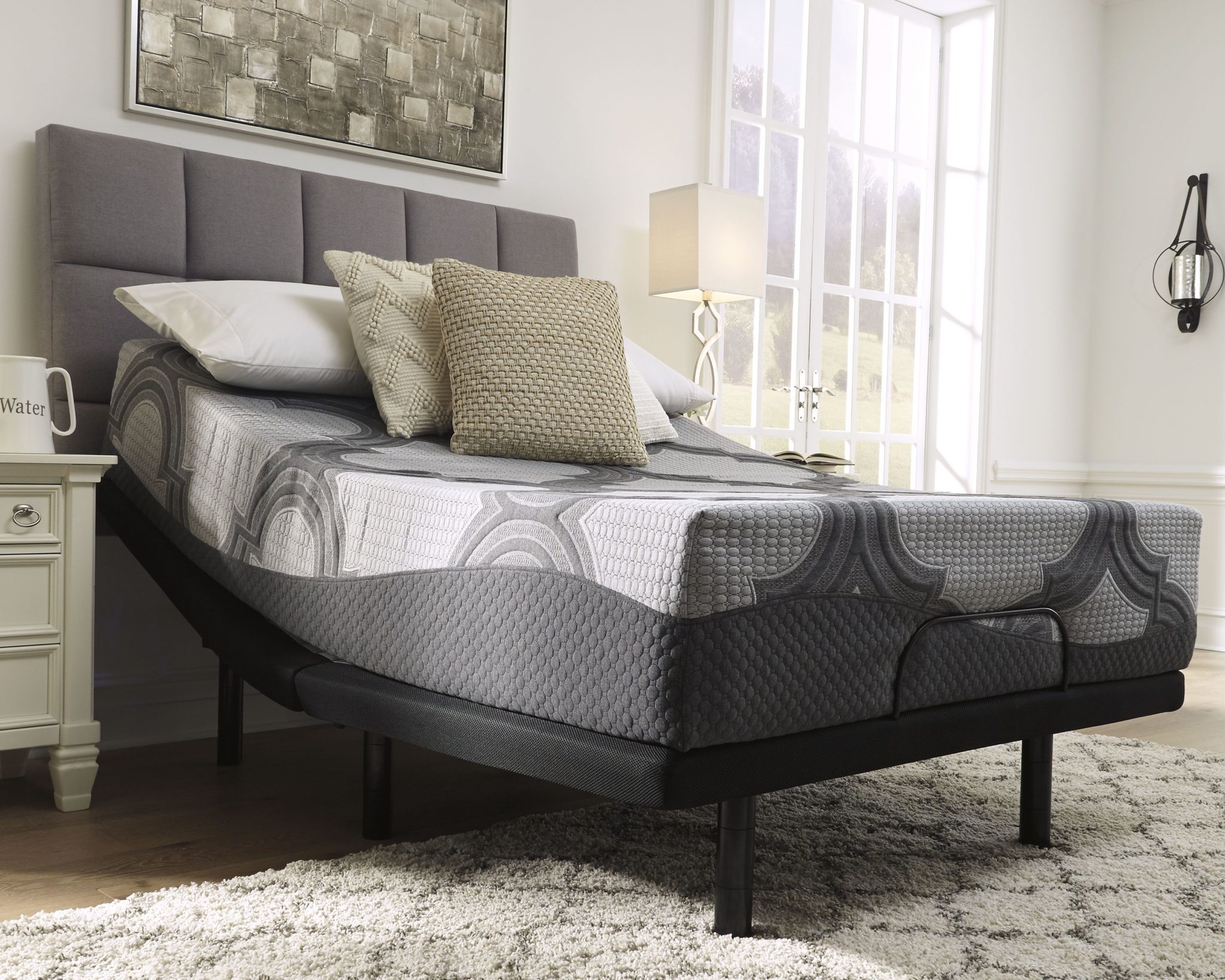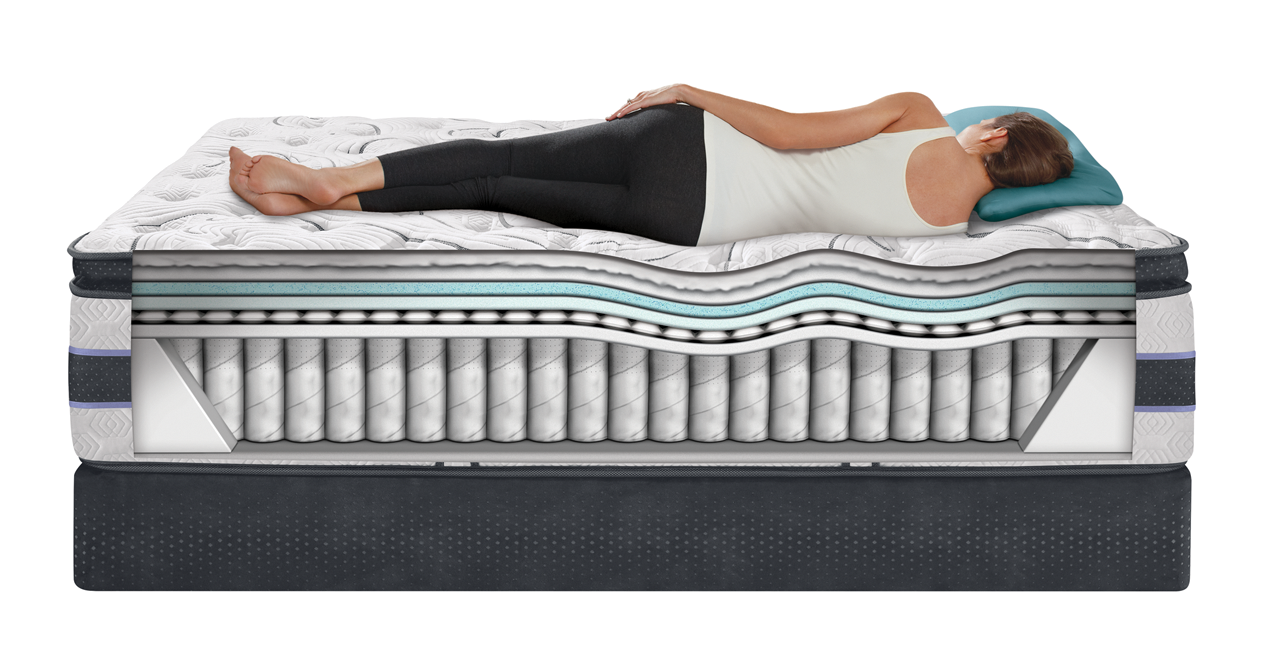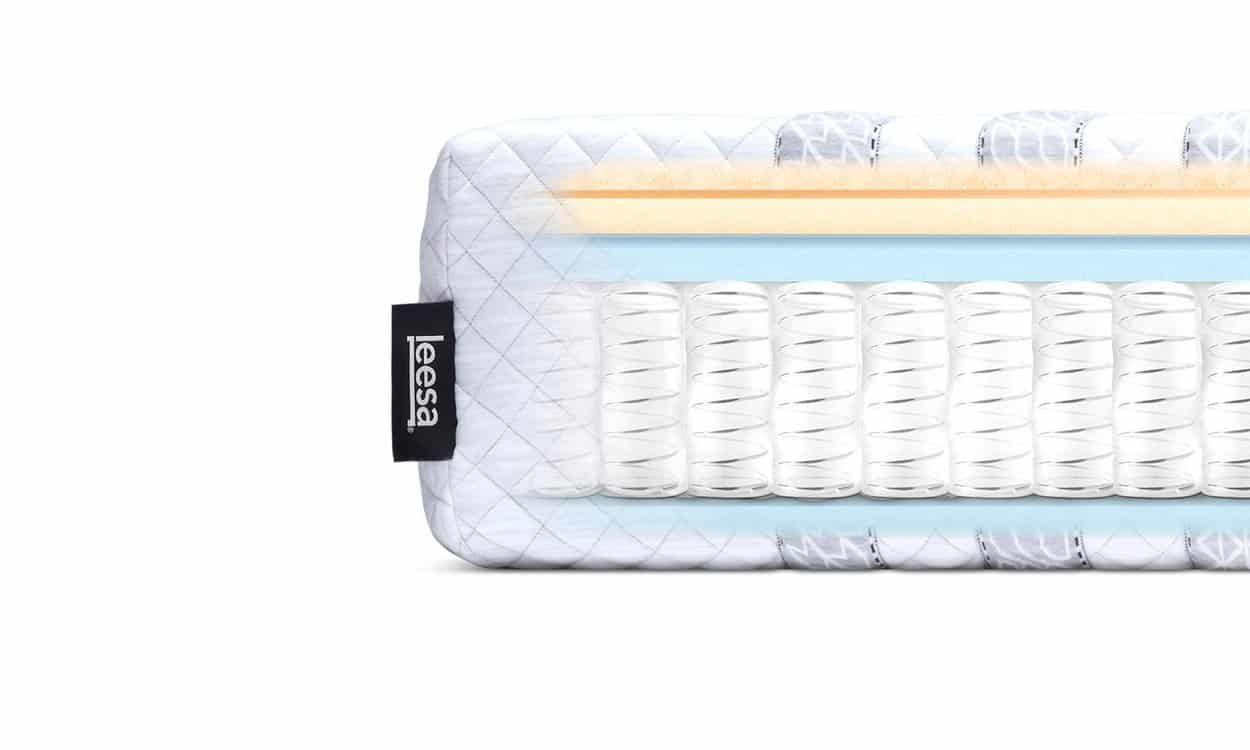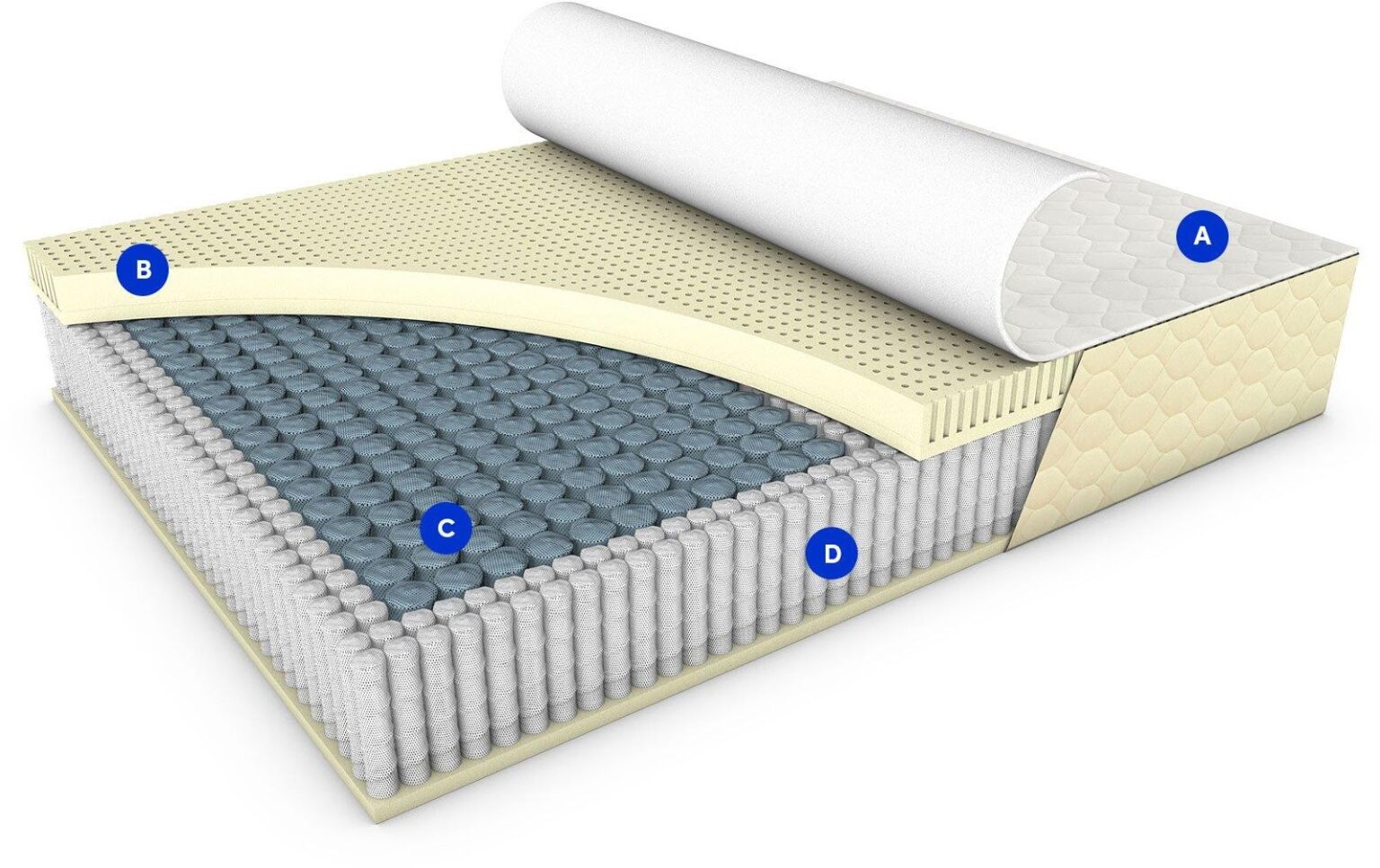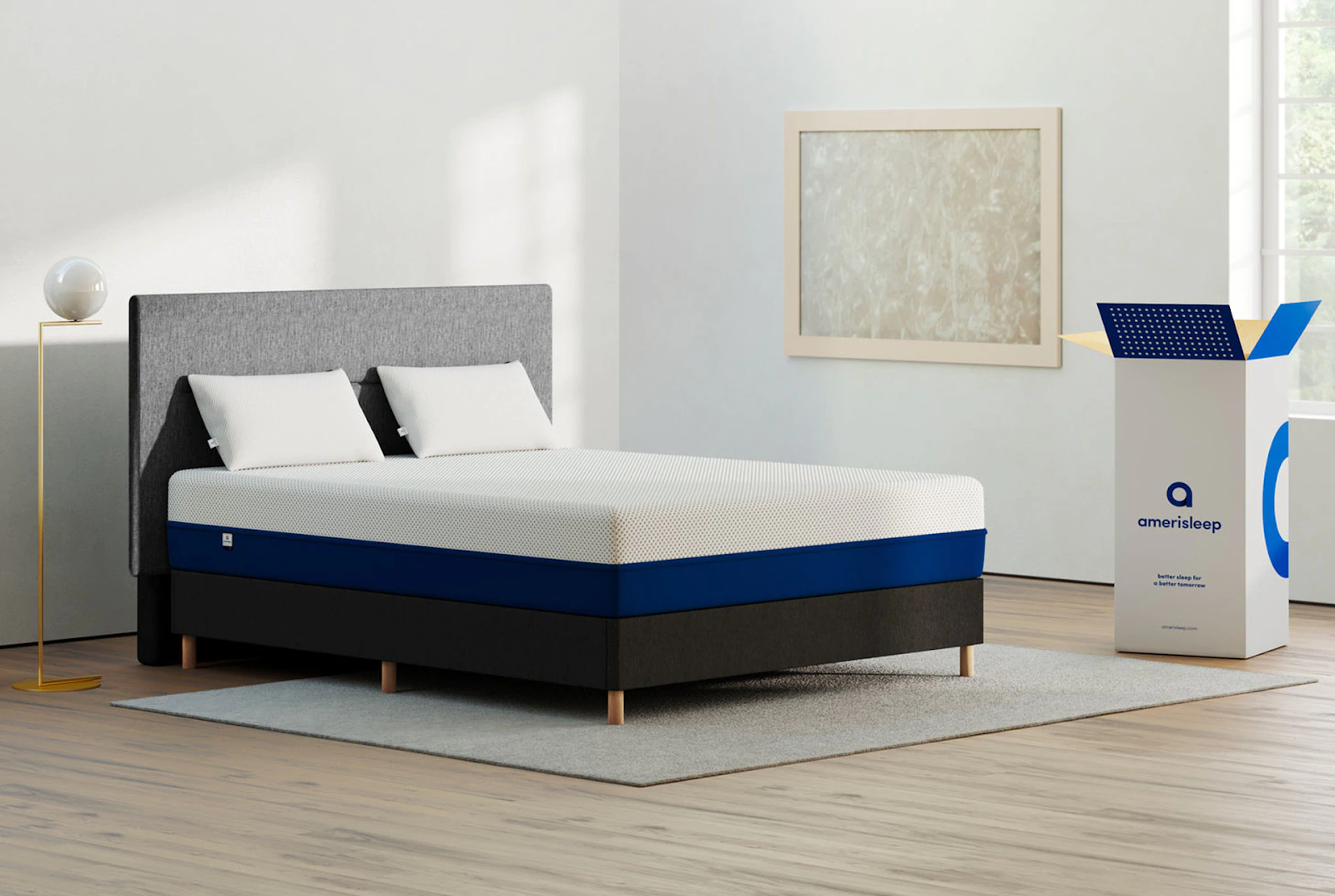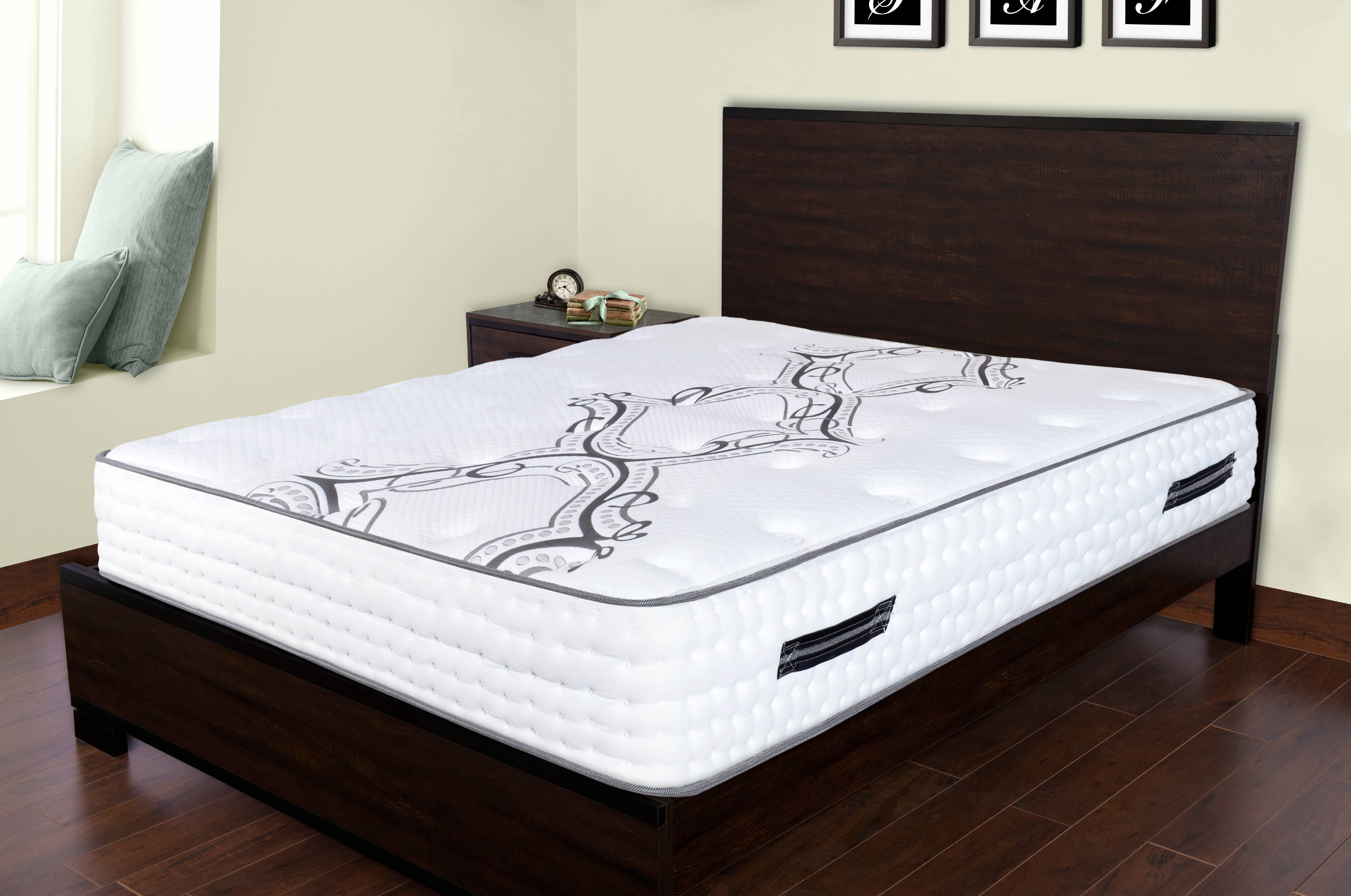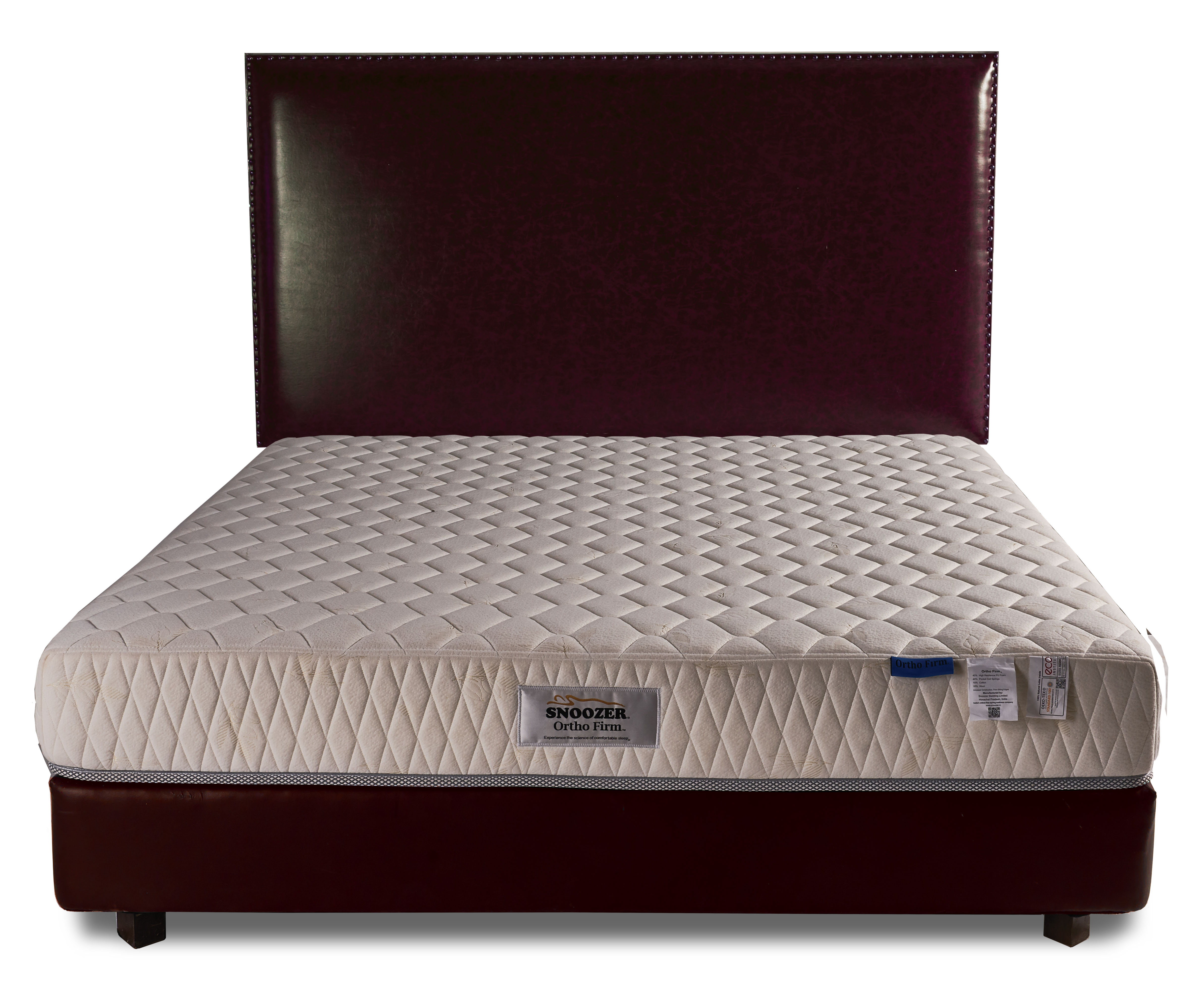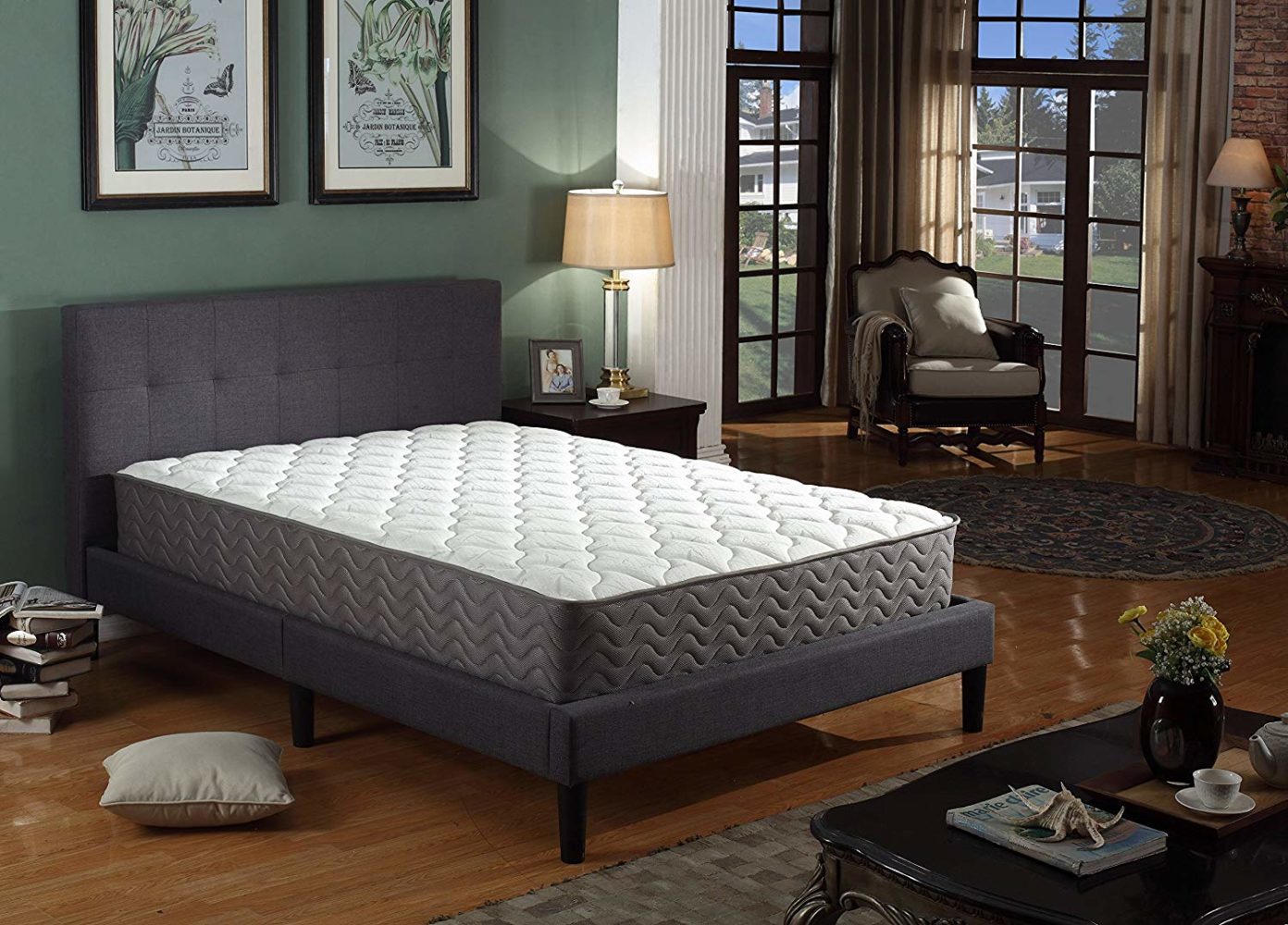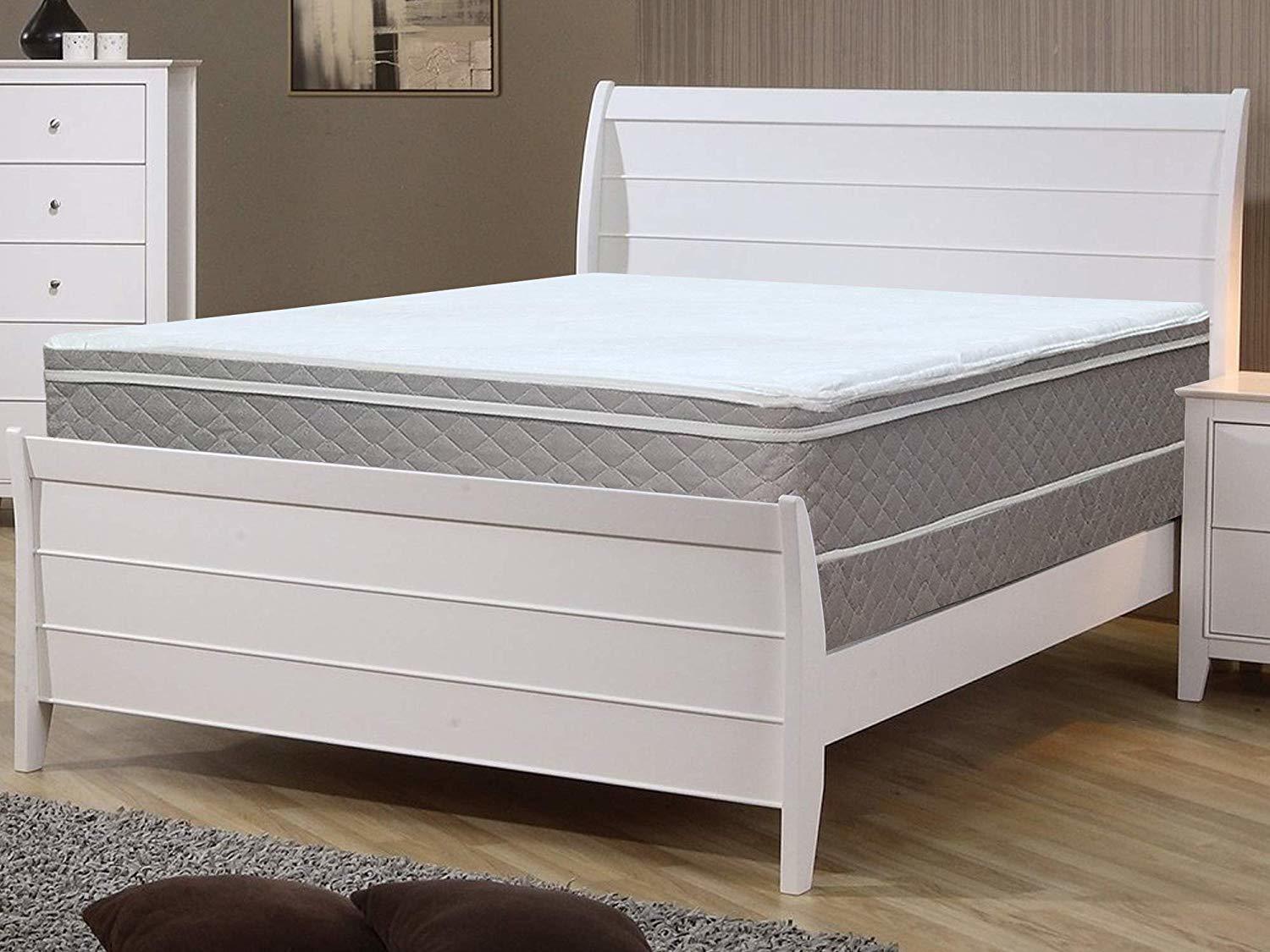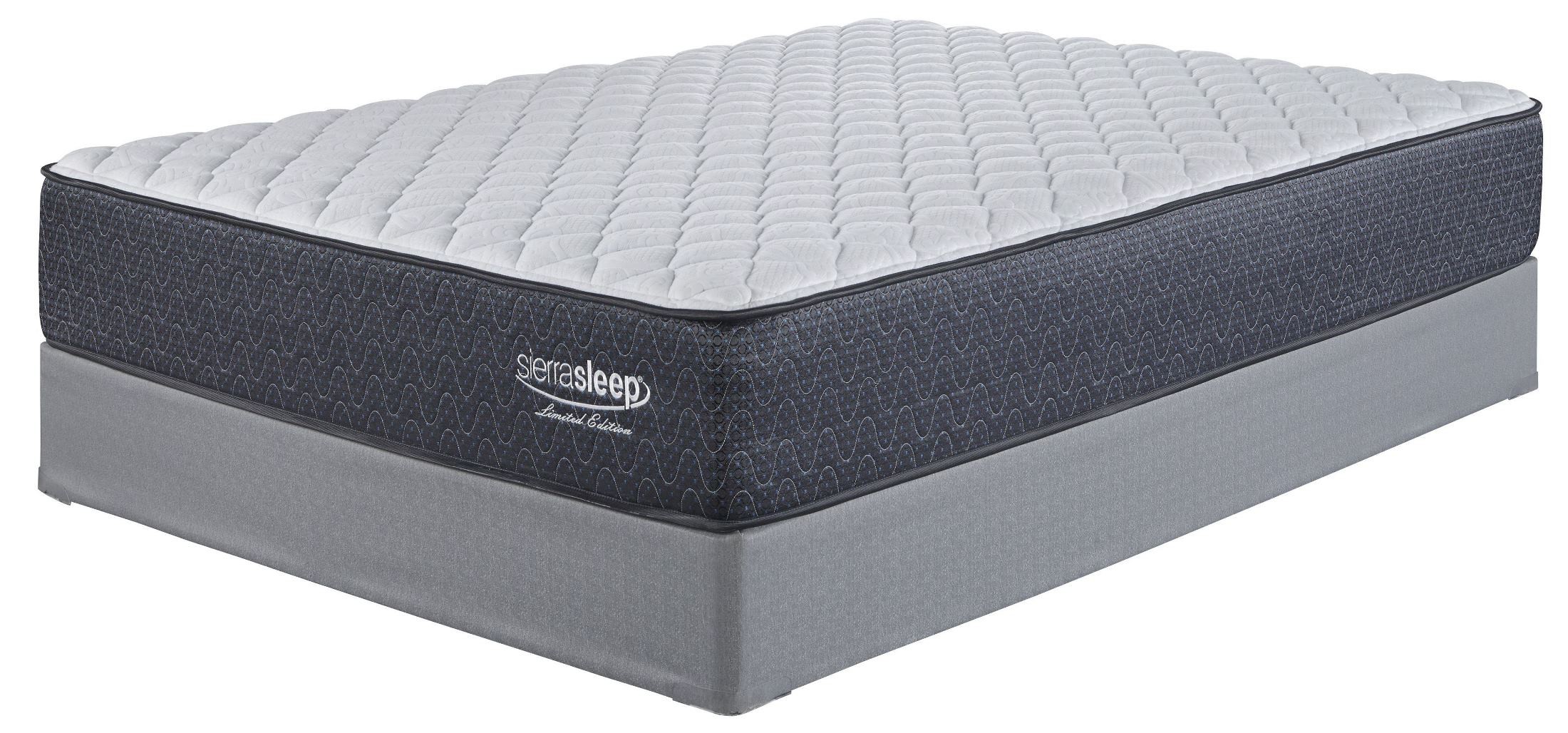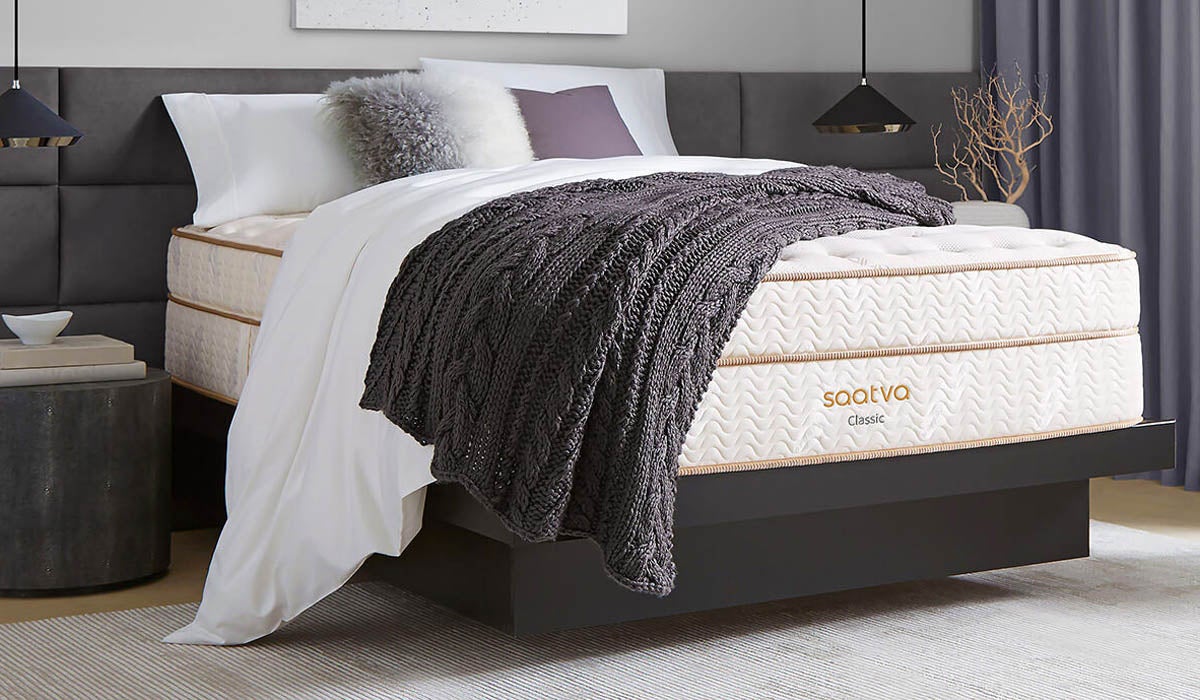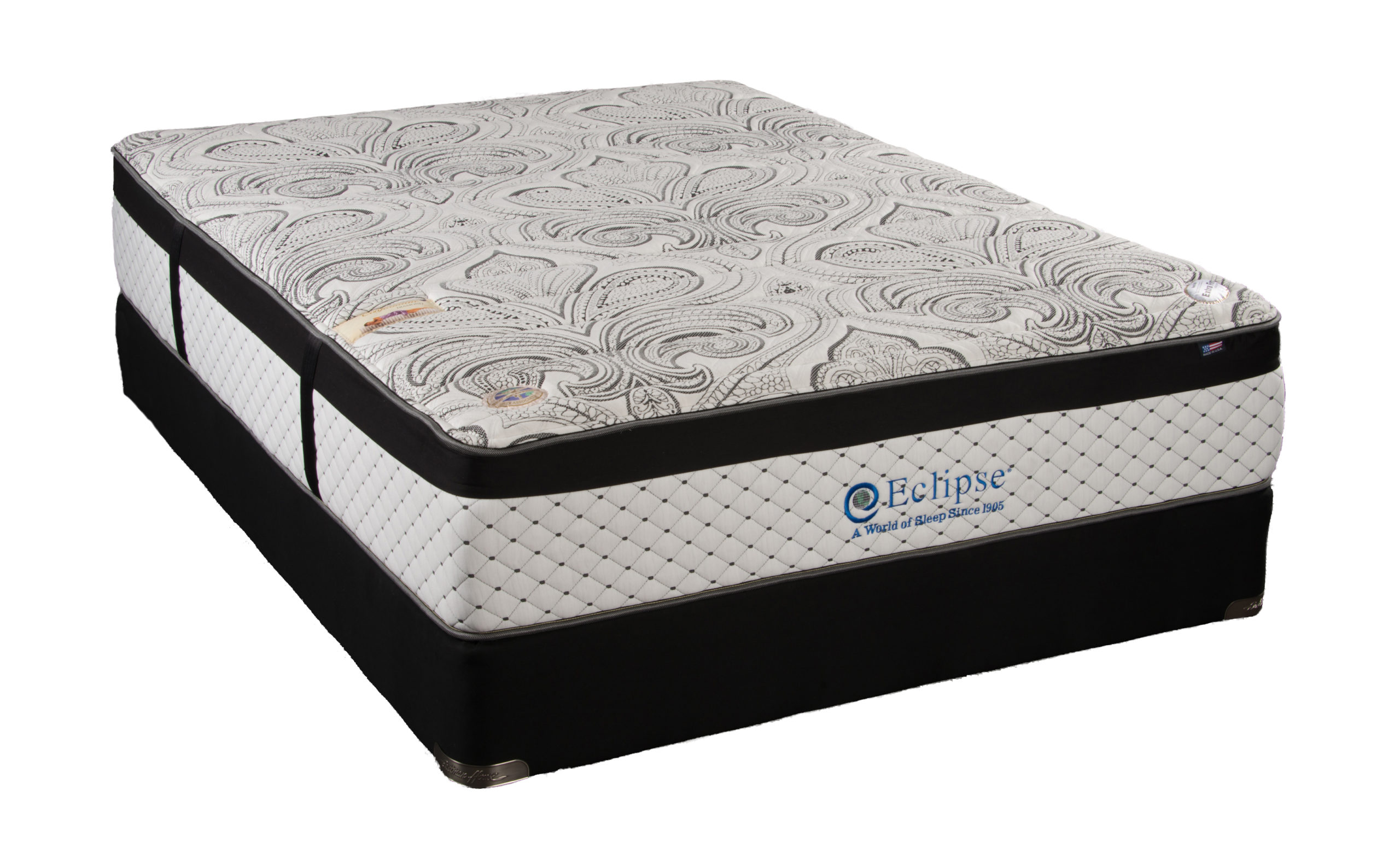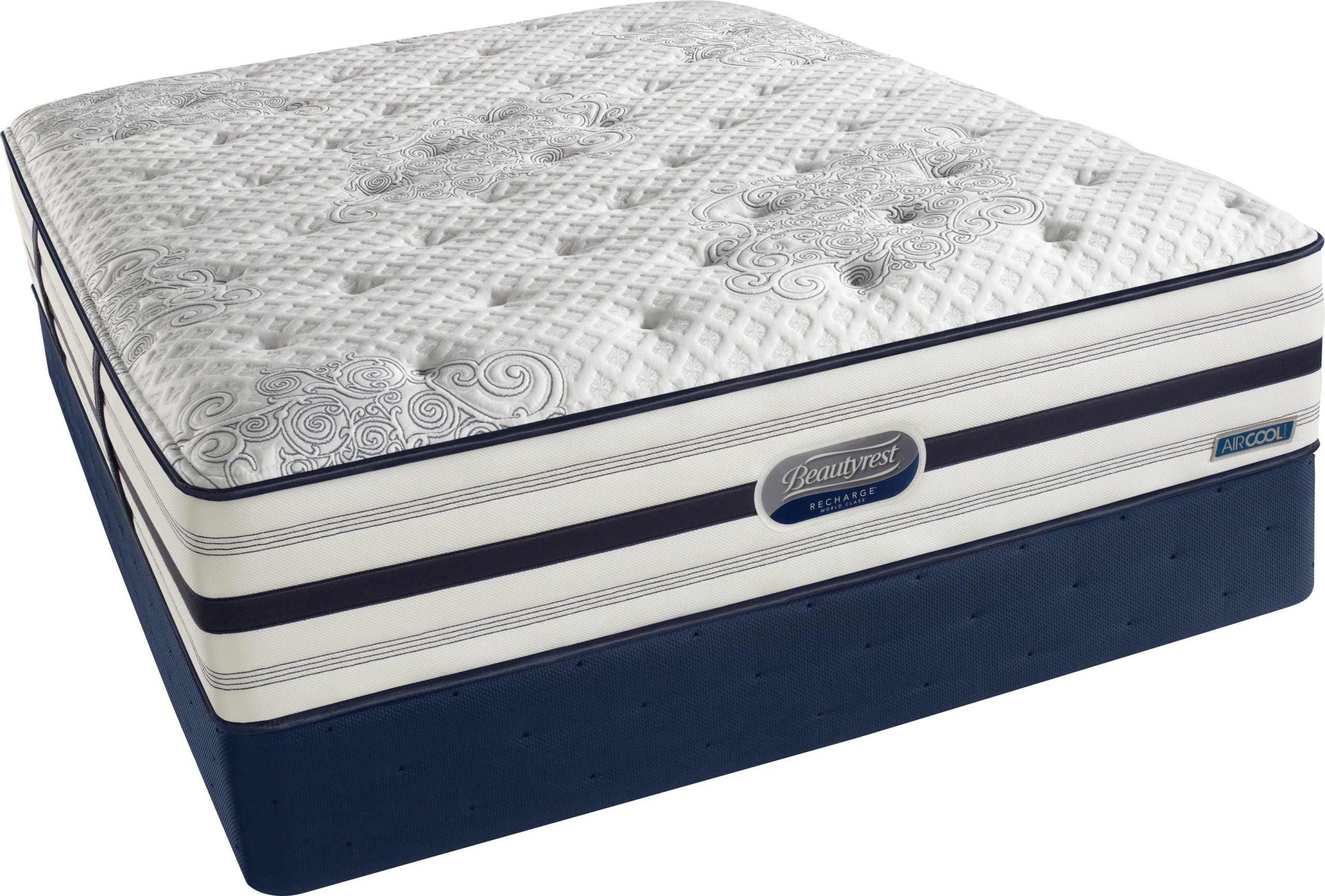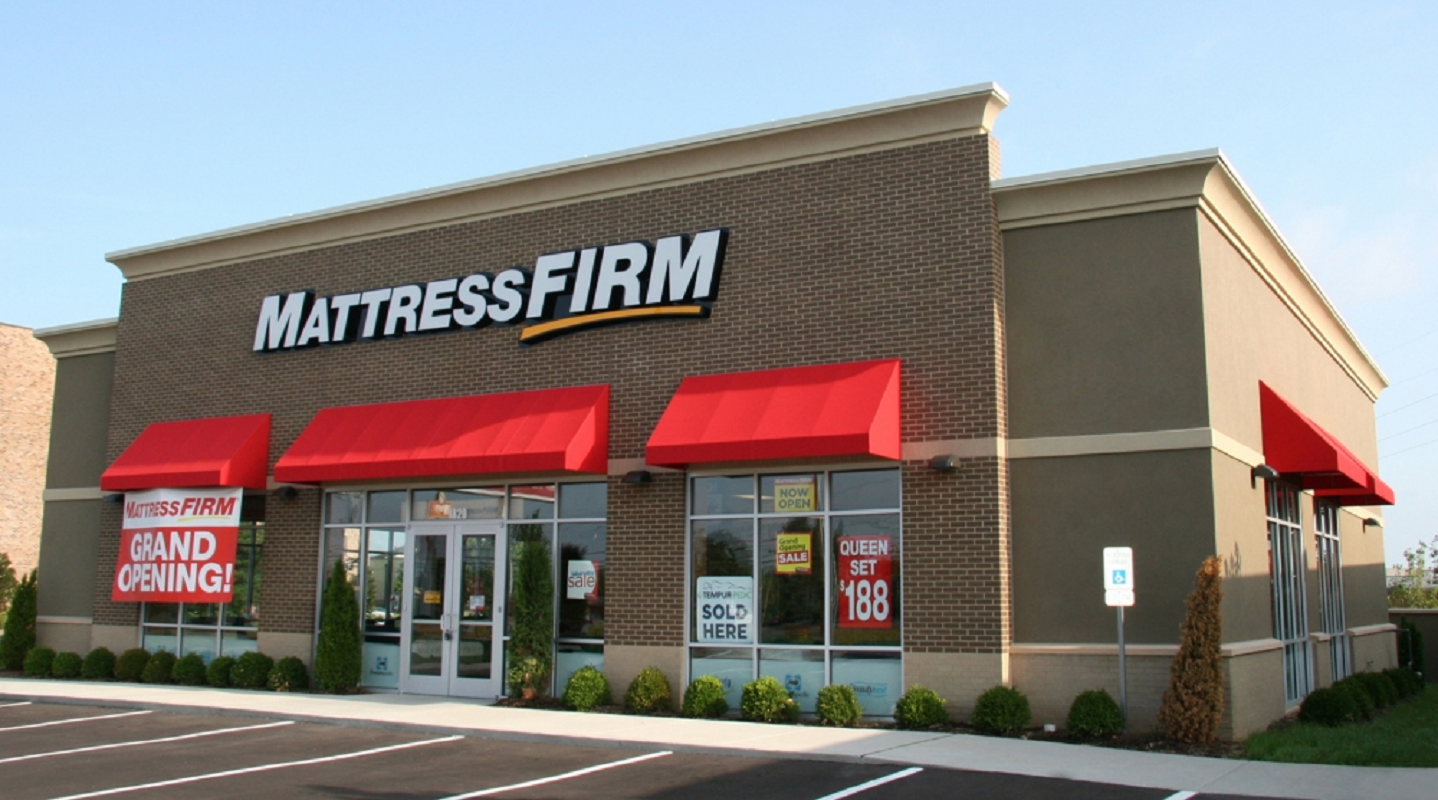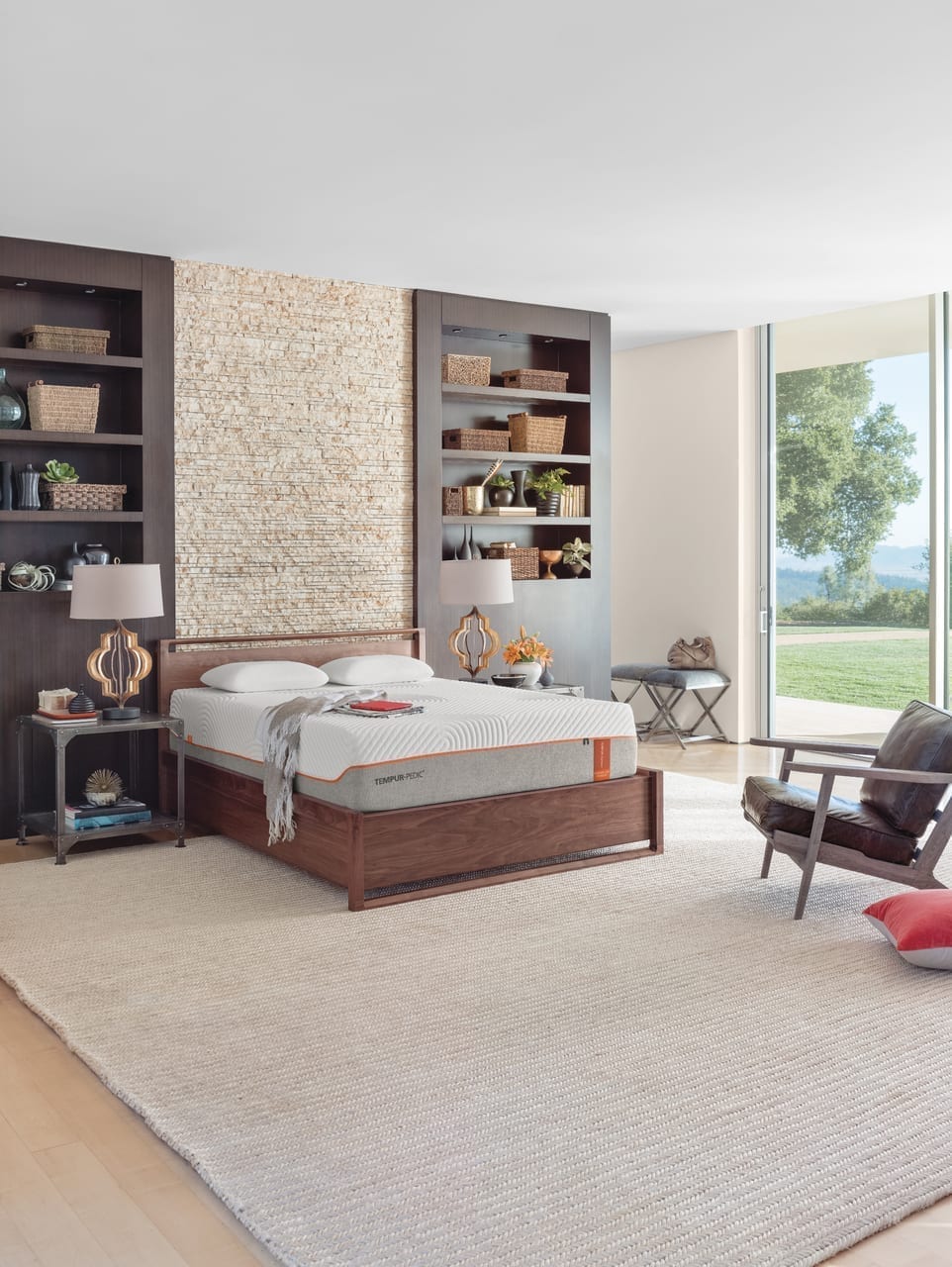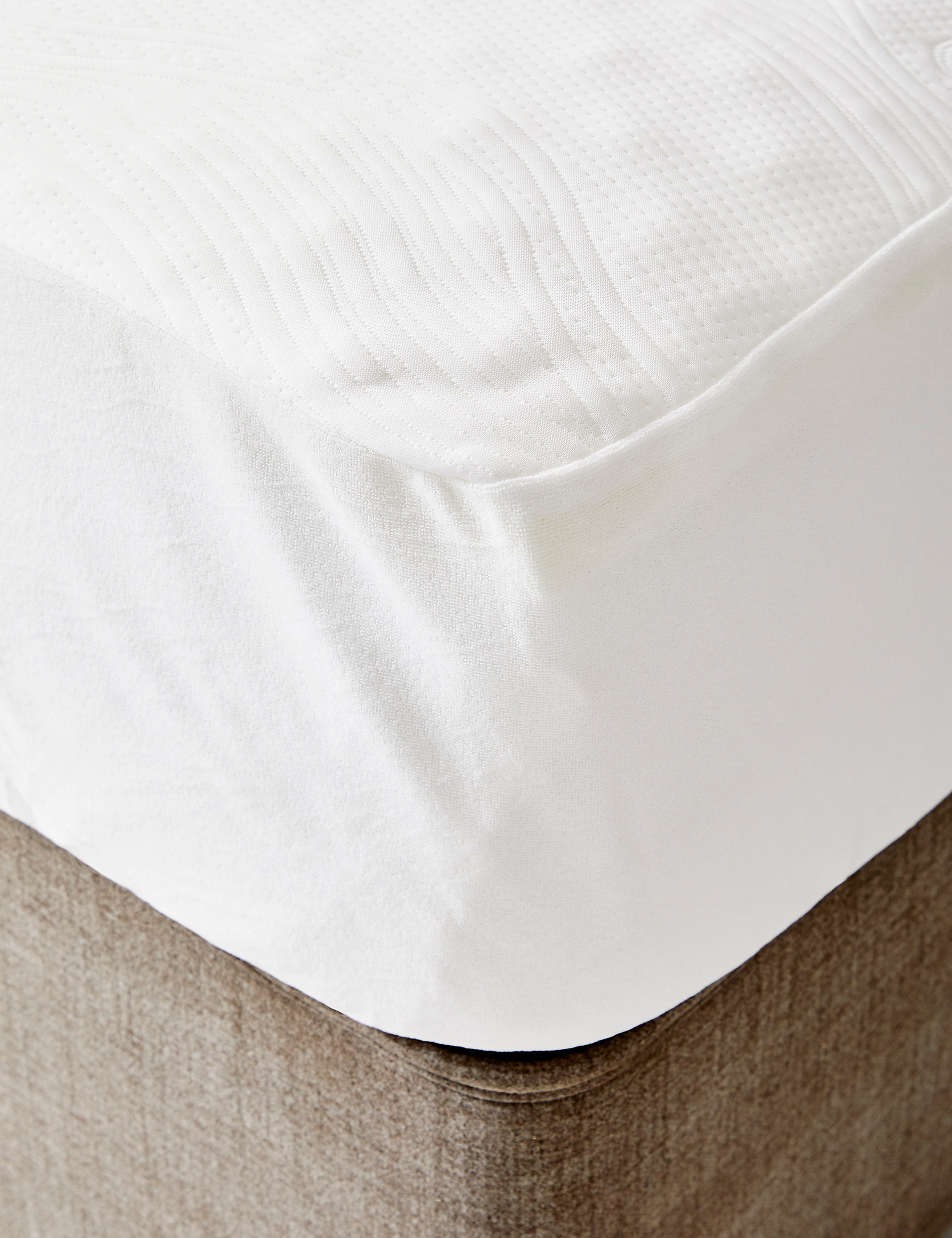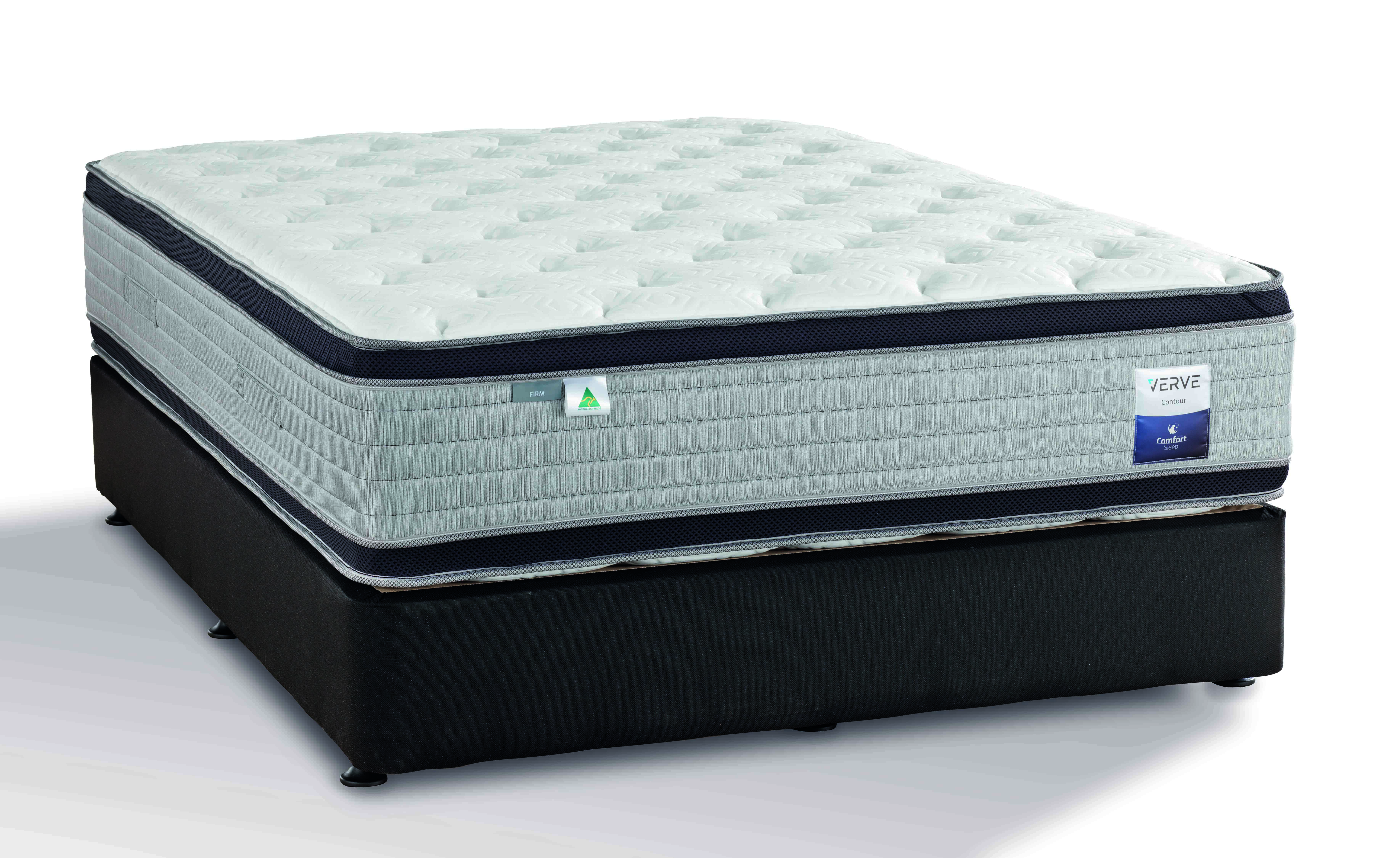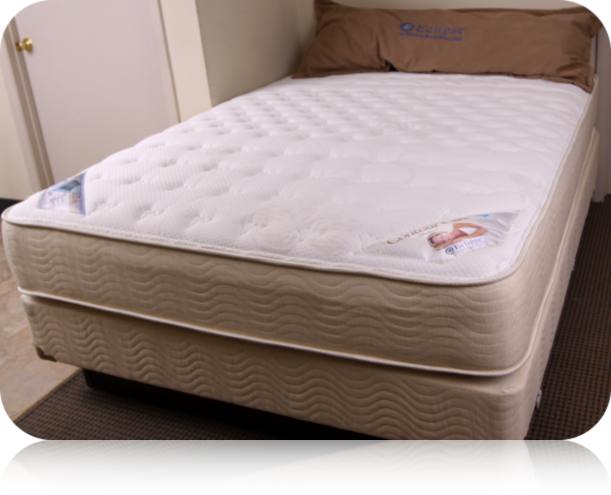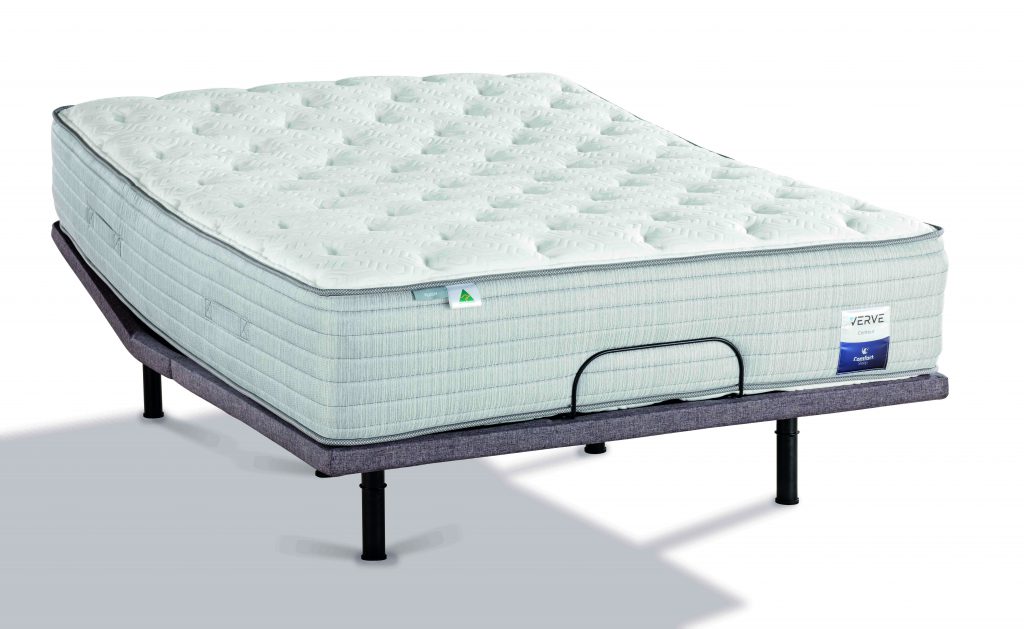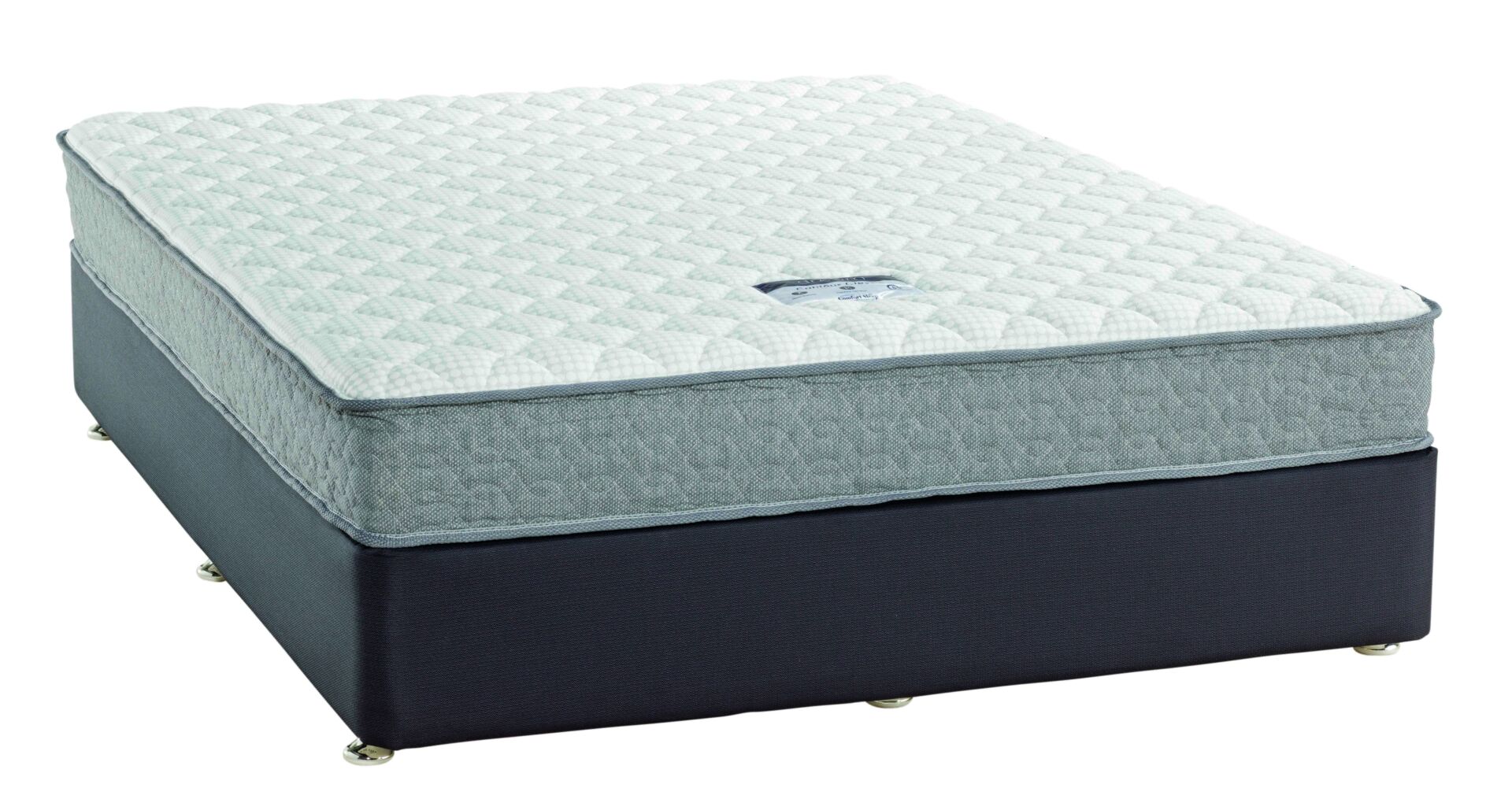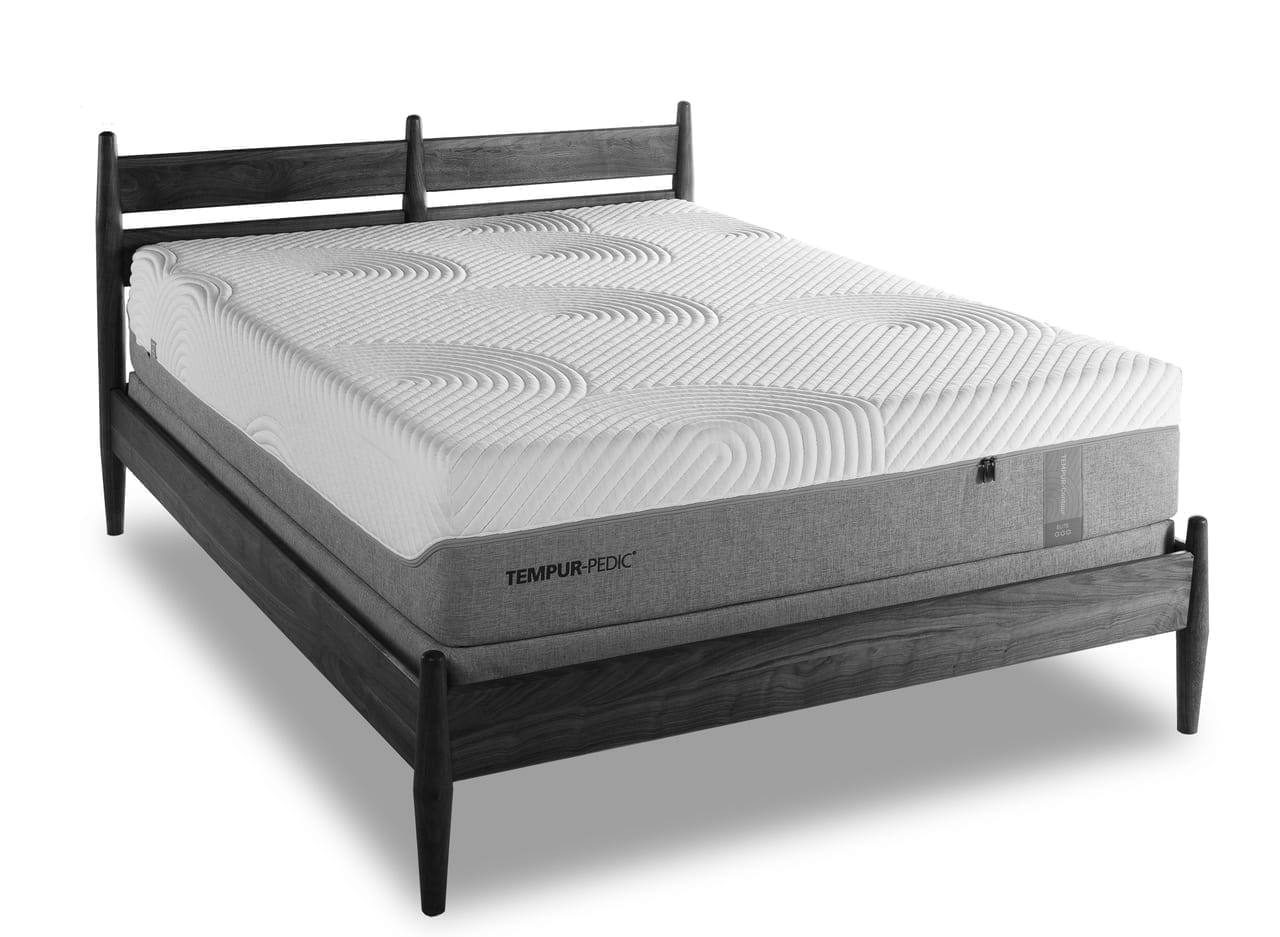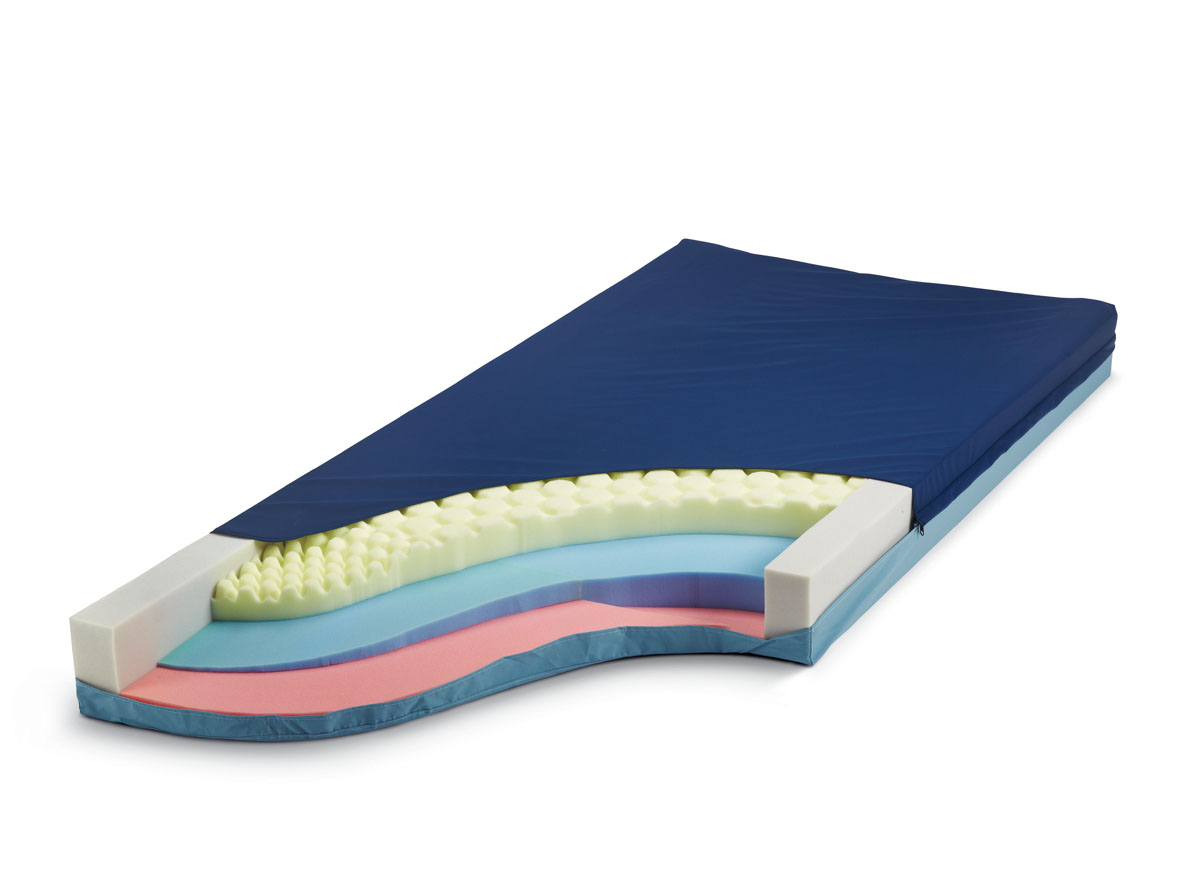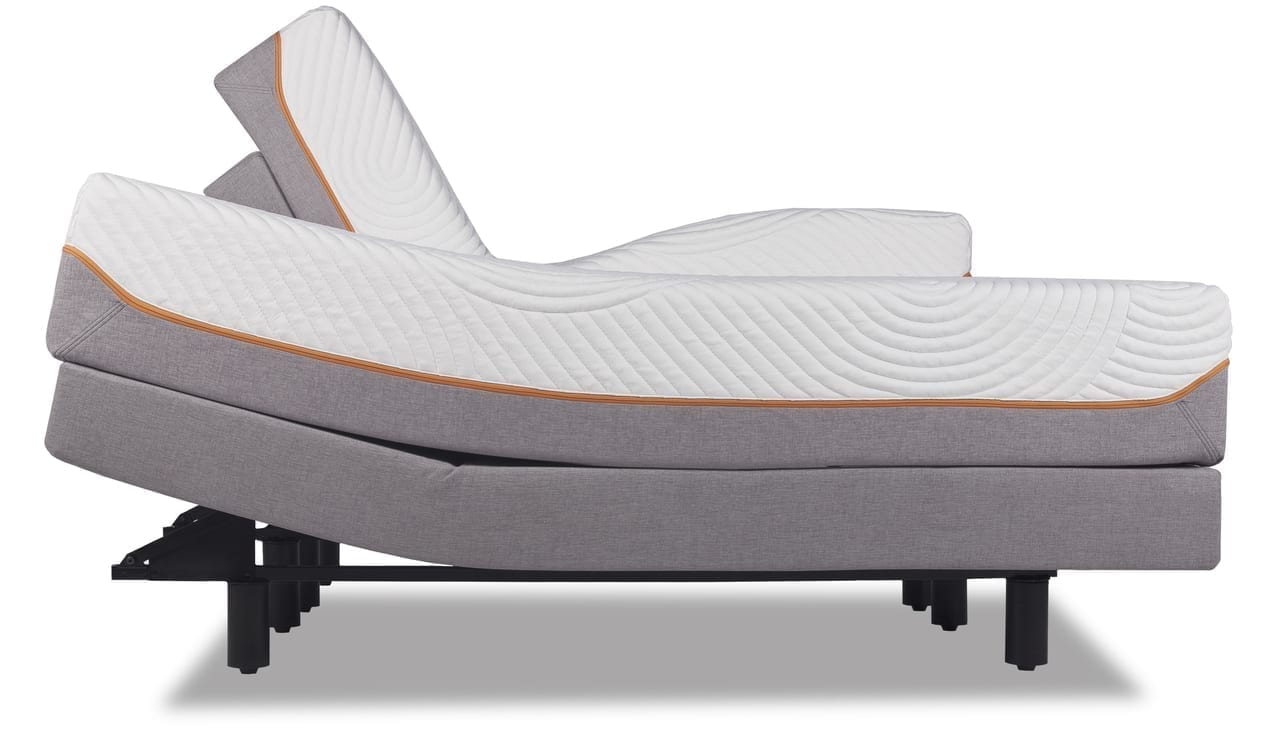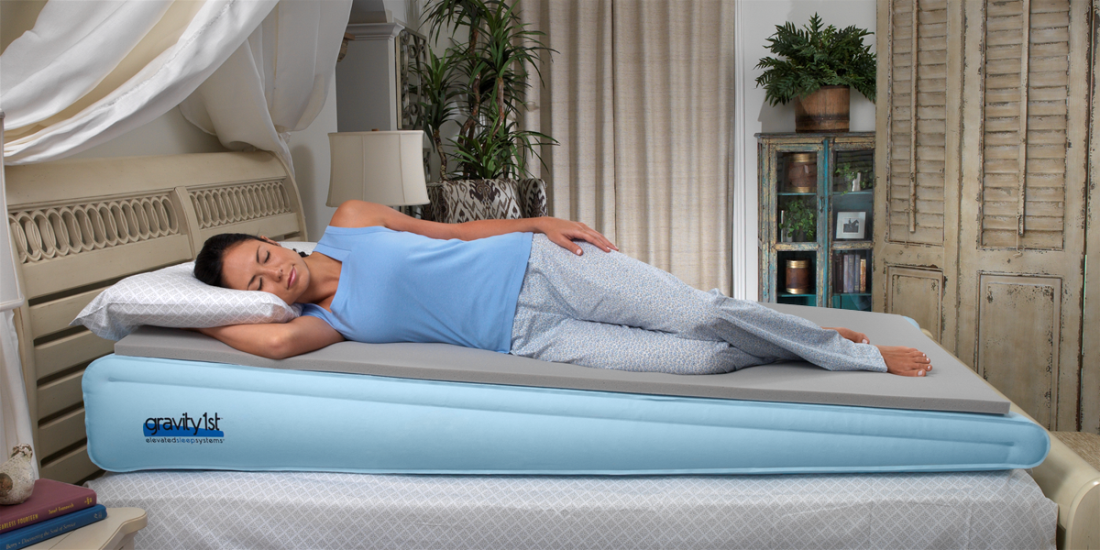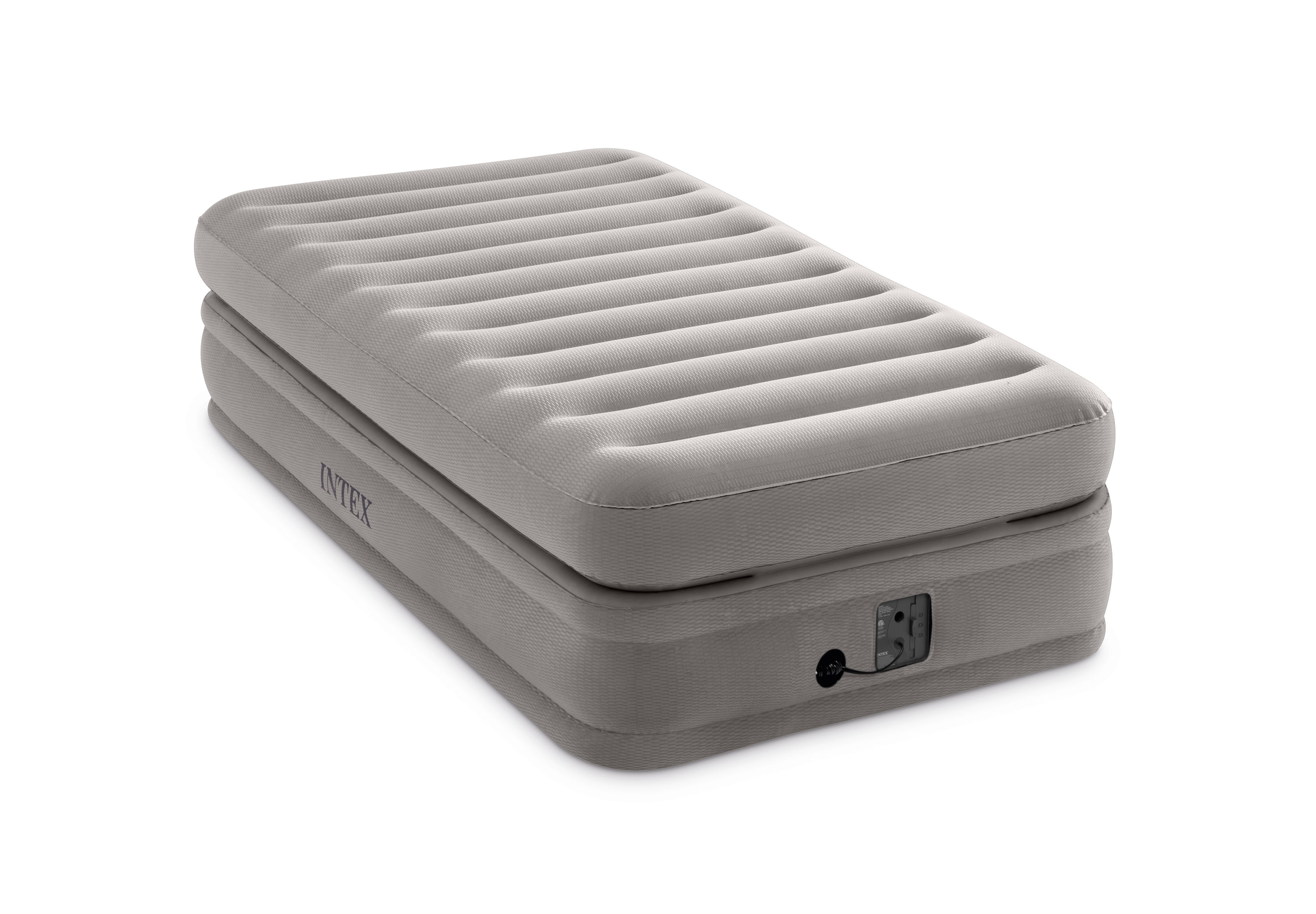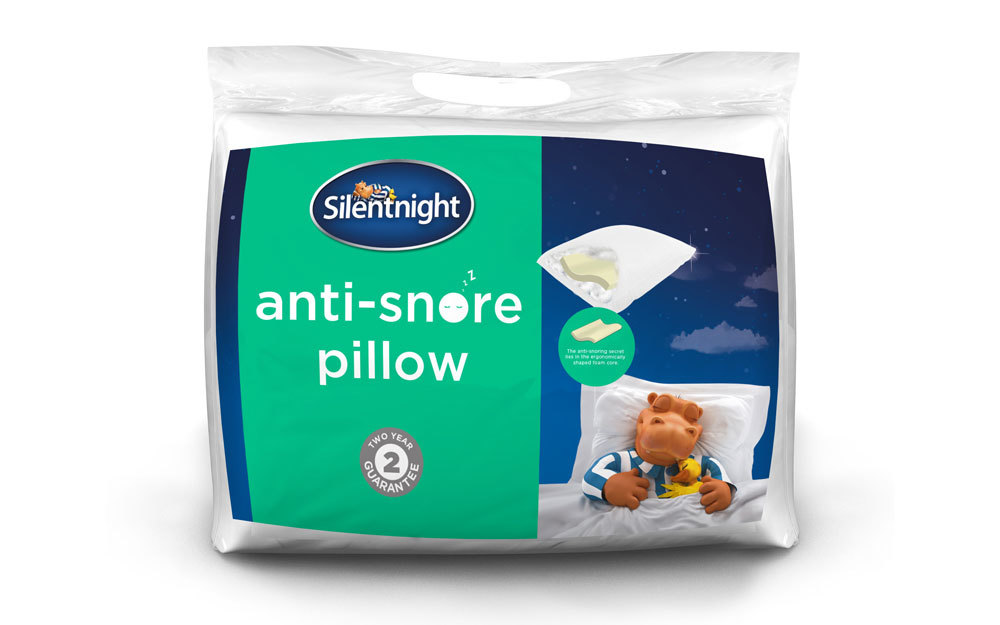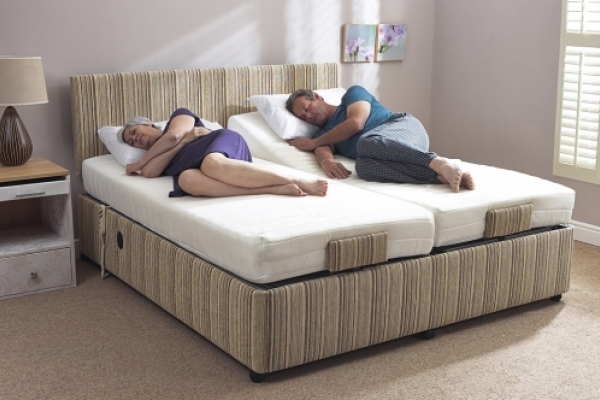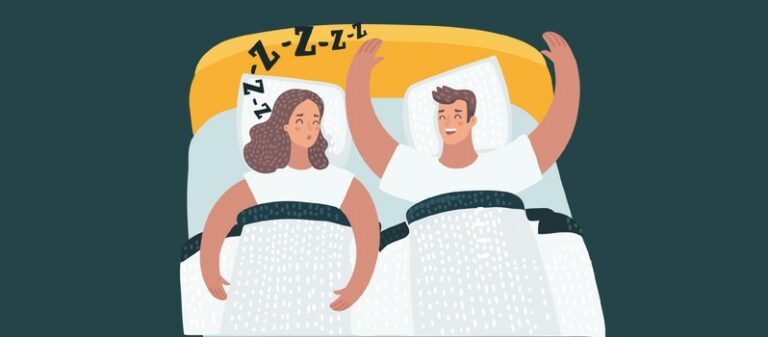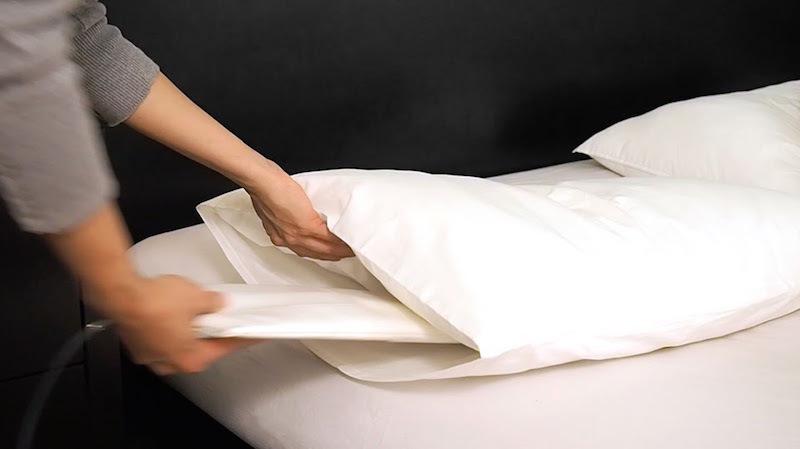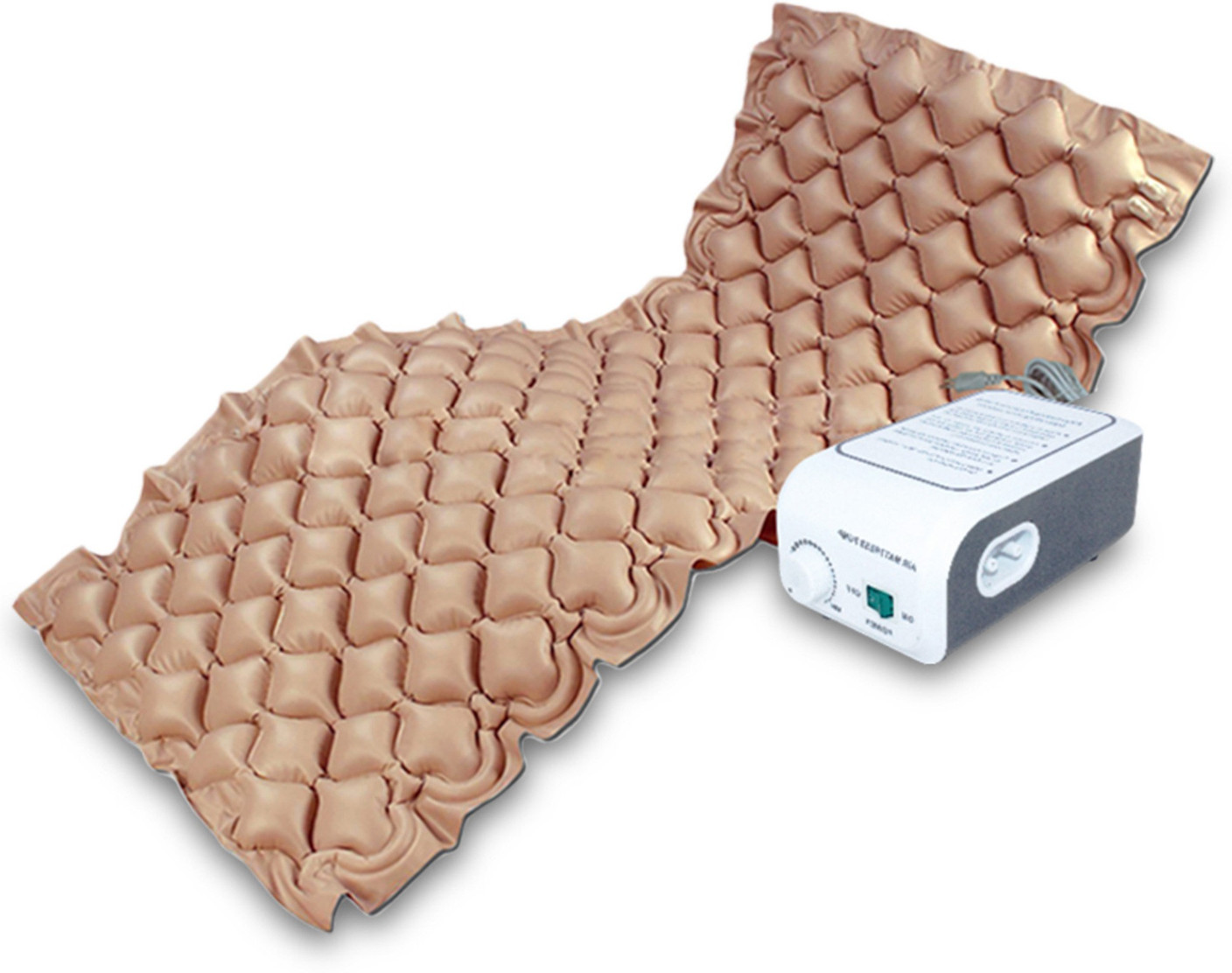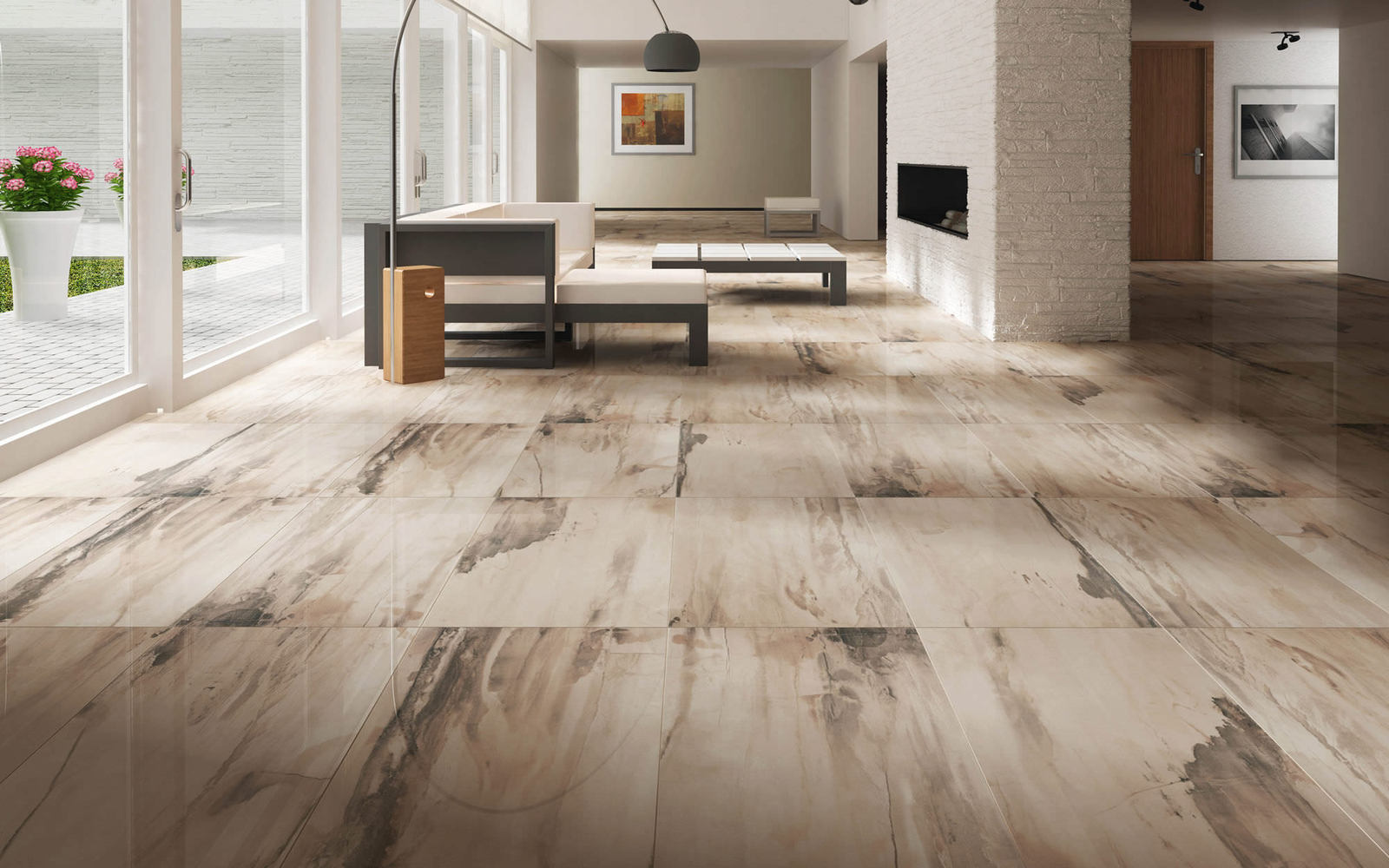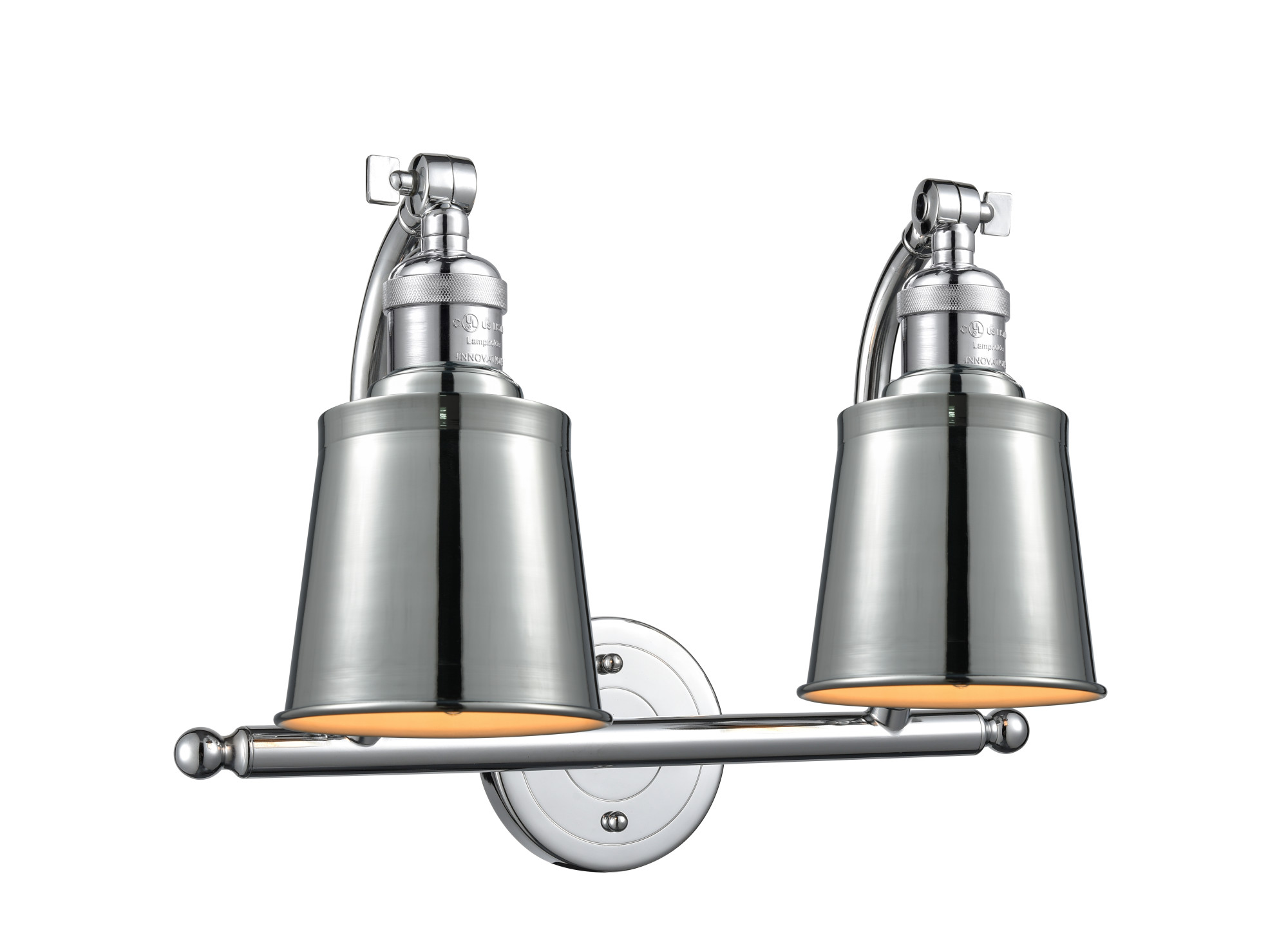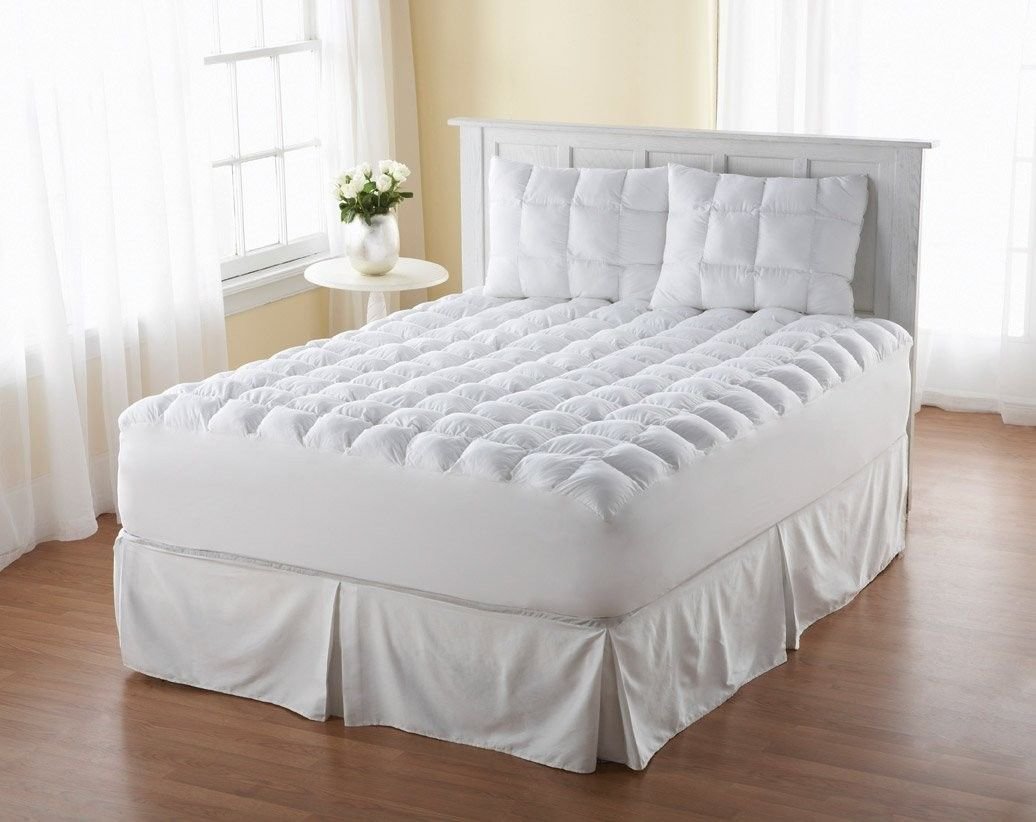A memory foam mattress is often recommended for those with sleep apnea because of its ability to contour to the body and provide pressure relief. This type of mattress is made from a material called viscoelastic foam, which is known for its ability to conform to the body's shape and then bounce back to its original form. This allows for proper support and alignment of the spine, which is crucial for those with sleep apnea. Memory foam mattresses are also great for reducing motion transfer, making it a good option for those who share a bed with a partner. The foam absorbs movement, so you are less likely to be disturbed by your partner's movements during the night.Memory Foam Mattress
Like memory foam, latex mattresses are also known for their ability to contour to the body. However, they have a bit more bounce and responsiveness compared to memory foam. This can be beneficial for those with sleep apnea, as it makes it easier to change positions during the night without feeling stuck in the mattress. Latex mattresses are also hypoallergenic and resistant to dust mites, making them a great option for those with allergies or asthma. They are also known for their durability, with some lasting up to 20 years.Latex Mattress
Adjustable air mattresses are a unique type of mattress that allows you to adjust the firmness level to your liking. This can be especially beneficial for those with sleep apnea, as they can find the perfect level of support for their needs. These mattresses have air chambers inside that can be filled or deflated to change the firmness. Many also come with a remote control, making it easy to make adjustments without having to get out of bed.Adjustable Air Mattress
Innerspring mattresses are a popular choice for many due to their affordability and wide availability. This type of mattress has steel coils inside, which provide support and durability. However, they may not be the best choice for those with sleep apnea. The coils in an innerspring mattress can create pressure points and cause discomfort for those with sleep apnea, who need proper support and pressure relief. However, if you prefer a firmer mattress and are not easily disturbed by movement, an innerspring mattress may work for you.Innerspring Mattress
A hybrid mattress combines the best of both worlds, with a layer of memory foam or latex on top and innerspring coils at the bottom. This provides the contouring and pressure relief of foam with the support and bounce of coils. For those with sleep apnea, this can be a great option that offers both comfort and support. Hybrid mattresses are also known for their breathability, as the coils allow for better air circulation, keeping you cool and comfortable throughout the night.Hybrid Mattress
An orthopedic mattress is specifically designed to provide support and relieve pressure on the body. This can be beneficial for those with sleep apnea, as it helps to keep the spine properly aligned and reduces discomfort and pain. Orthopedic mattresses are often firmer than other types of mattresses, so they may not be suitable for everyone. However, if you prefer a firmer mattress and need extra support for your back, an orthopedic mattress may be a good choice.Orthopedic Mattress
As mentioned before, a firmer mattress may not be the best choice for those with sleep apnea. However, some people with sleep apnea may find relief with a firm mattress, especially those who sleep on their back. A firm mattress offers more support and can help keep the airway open, reducing the symptoms of sleep apnea. It's important to note that a firm mattress doesn't necessarily mean it has to be uncomfortable. Look for a mattress that offers both support and comfort, as a firm mattress that is too hard can cause discomfort and disrupt sleep.Firm Mattress
A contour mattress is designed to provide tailored support to different parts of the body, based on their weight and pressure points. This can be beneficial for those with sleep apnea, as the mattress can adapt to the body's shape and provide the necessary support for proper alignment. Contour mattresses are often made with layers of foam or latex, and they can come in different levels of firmness. This allows for a more personalized sleep experience, which can be helpful for those with sleep apnea who have specific needs for comfort and support.Contour Mattress
An elevated or inclined mattress is designed to raise the head of the bed, creating a slight incline. This can be helpful for those with sleep apnea, as it keeps the airway open and reduces snoring and breathing disruptions. There are elevated mattresses specifically designed for those with sleep apnea, but you can also achieve a similar effect by using an adjustable bed base to elevate the head of your mattress.Elevated Mattress
Lastly, there are mattresses specifically designed to reduce snoring and improve sleep for those with sleep apnea. These mattresses often have features like elevated head support, contouring foam, and pressure relief to keep the airway open and reduce snoring. Anti-snore mattresses may also come with adjustable firmness options, making them suitable for different sleep preferences and needs.Anti-Snore Mattress
The Importance of Choosing the Best Mattress for Sleep Apnea

Sleep Apnea and Its Effects on Overall Health
 Sleep apnea is a common sleep disorder that affects many individuals worldwide. It is characterized by pauses in breathing or shallow breathing during sleep, which can lead to reduced oxygen levels in the body. This can cause various health issues such as daytime fatigue, irritability, and even more severe conditions like high blood pressure and heart disease. Therefore, it is crucial to address sleep apnea and its effects on overall health by choosing the right
mattress
.
Sleep apnea is a common sleep disorder that affects many individuals worldwide. It is characterized by pauses in breathing or shallow breathing during sleep, which can lead to reduced oxygen levels in the body. This can cause various health issues such as daytime fatigue, irritability, and even more severe conditions like high blood pressure and heart disease. Therefore, it is crucial to address sleep apnea and its effects on overall health by choosing the right
mattress
.
The Role of Mattresses in Managing Sleep Apnea
 Believe it or not,
mattresses
play a significant role in managing sleep apnea. The right
mattress
can help alleviate symptoms and improve overall sleep quality. This is because the right
mattress
can provide proper support and alignment for the body, especially for those with sleep apnea. It can also help in reducing pressure points and improving blood circulation, which can contribute to better breathing during sleep.
Believe it or not,
mattresses
play a significant role in managing sleep apnea. The right
mattress
can help alleviate symptoms and improve overall sleep quality. This is because the right
mattress
can provide proper support and alignment for the body, especially for those with sleep apnea. It can also help in reducing pressure points and improving blood circulation, which can contribute to better breathing during sleep.
The Best Mattress Types for Sleep Apnea
 When it comes to choosing the best
mattress
for sleep apnea, there are a few key features to consider. Firstly, look for a
mattress
that offers good support and firmness. Memory foam and latex
mattresses
are popular options as they conform to the body's shape and provide excellent support. Additionally, look for
mattresses
with breathable materials to help regulate body temperature and reduce heat retention, which can be beneficial for those with sleep apnea.
When it comes to choosing the best
mattress
for sleep apnea, there are a few key features to consider. Firstly, look for a
mattress
that offers good support and firmness. Memory foam and latex
mattresses
are popular options as they conform to the body's shape and provide excellent support. Additionally, look for
mattresses
with breathable materials to help regulate body temperature and reduce heat retention, which can be beneficial for those with sleep apnea.
Other Factors to Consider
 Aside from the
mattress
type, it is also essential to consider other factors that can affect sleep quality for individuals with sleep apnea. These include the
mattress
size, sleeping position, and personal preferences. For example, those with sleep apnea may benefit from a firmer
mattress
if they sleep on their back, while a softer
mattress
may be more comfortable for those who sleep on their side.
Aside from the
mattress
type, it is also essential to consider other factors that can affect sleep quality for individuals with sleep apnea. These include the
mattress
size, sleeping position, and personal preferences. For example, those with sleep apnea may benefit from a firmer
mattress
if they sleep on their back, while a softer
mattress
may be more comfortable for those who sleep on their side.
Conclusion
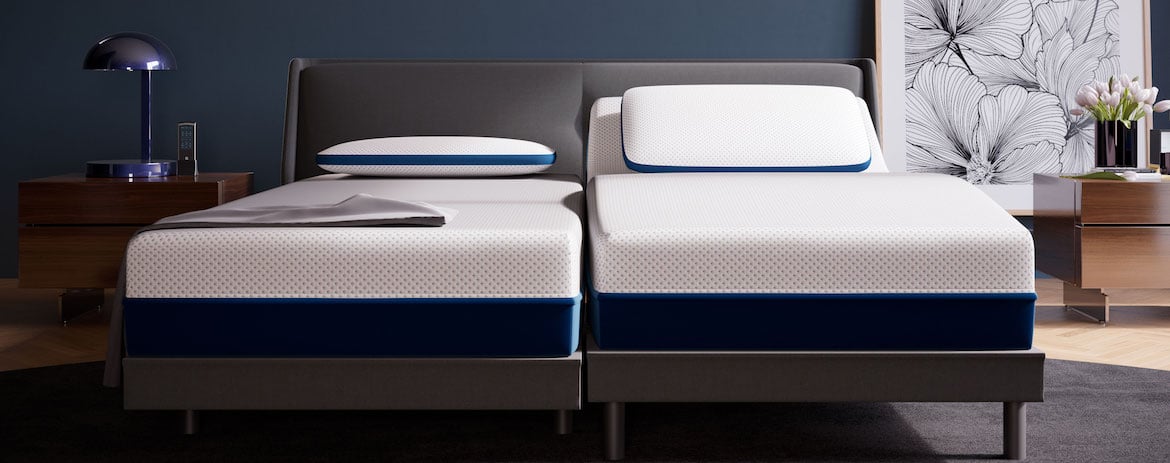 In conclusion, choosing the right
mattress
is crucial for managing sleep apnea and improving overall sleep quality. Remember to consider the features mentioned above and consult with a healthcare professional for personalized recommendations. With the right
mattress
, individuals with sleep apnea can experience better sleep and improved overall health. So don't underestimate the power of a good
mattress
when it comes to managing sleep apnea.
In conclusion, choosing the right
mattress
is crucial for managing sleep apnea and improving overall sleep quality. Remember to consider the features mentioned above and consult with a healthcare professional for personalized recommendations. With the right
mattress
, individuals with sleep apnea can experience better sleep and improved overall health. So don't underestimate the power of a good
mattress
when it comes to managing sleep apnea.

